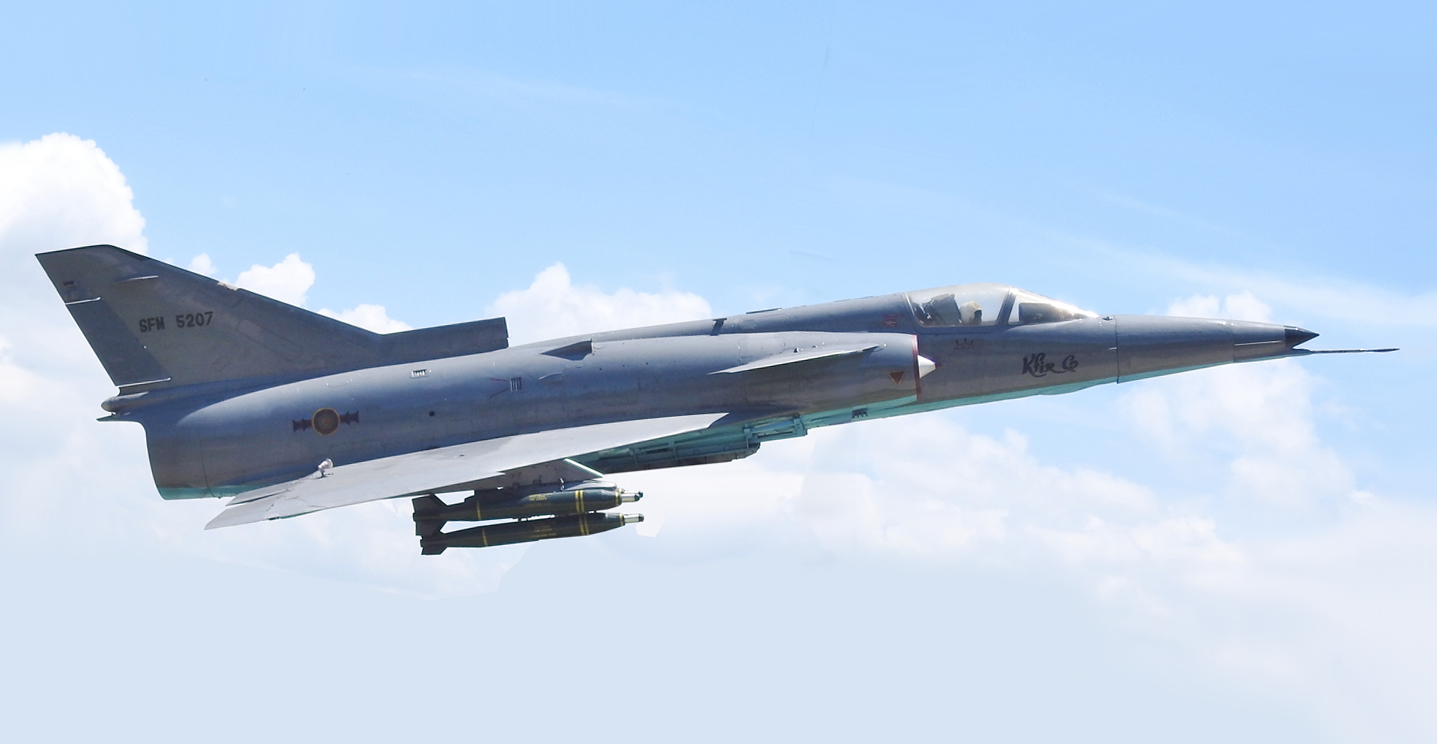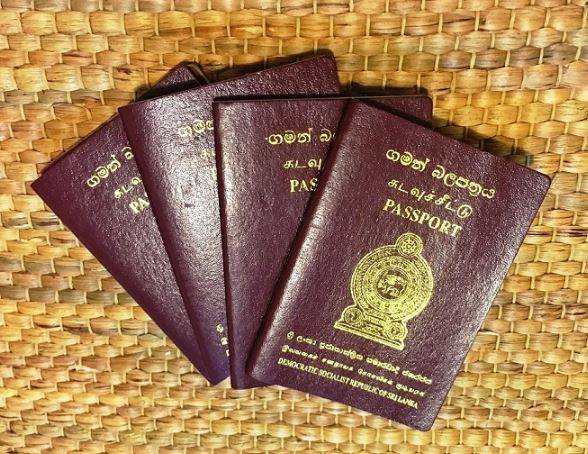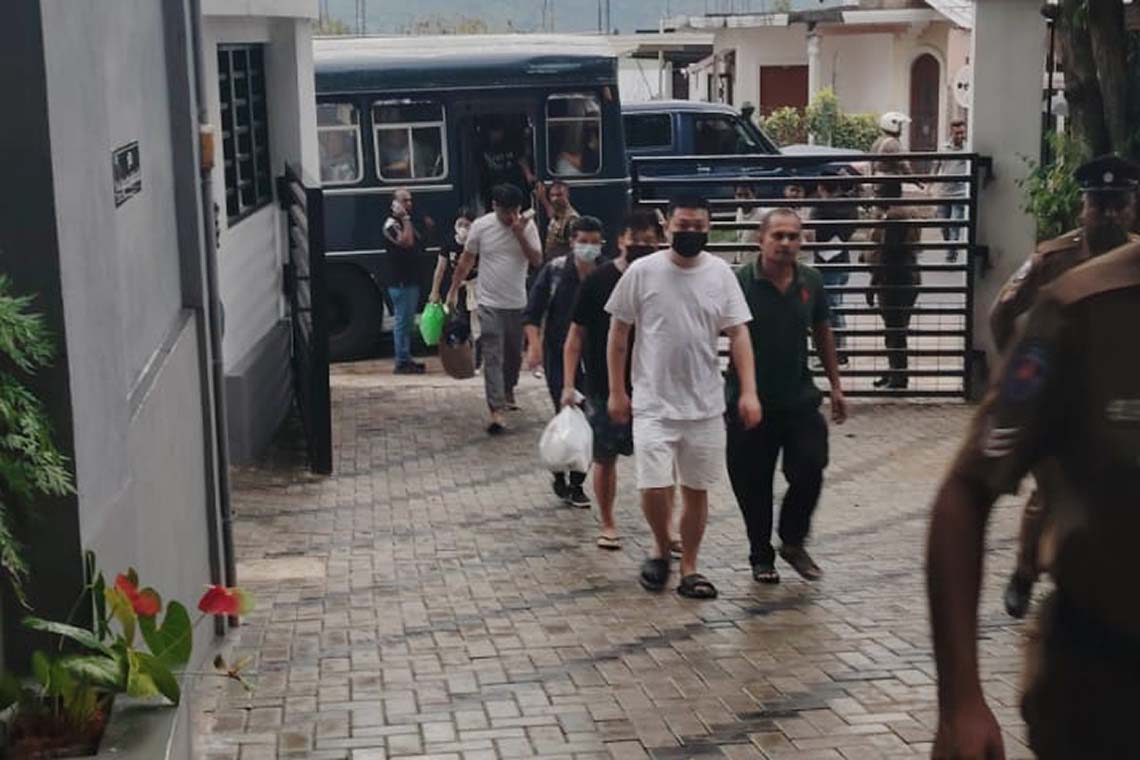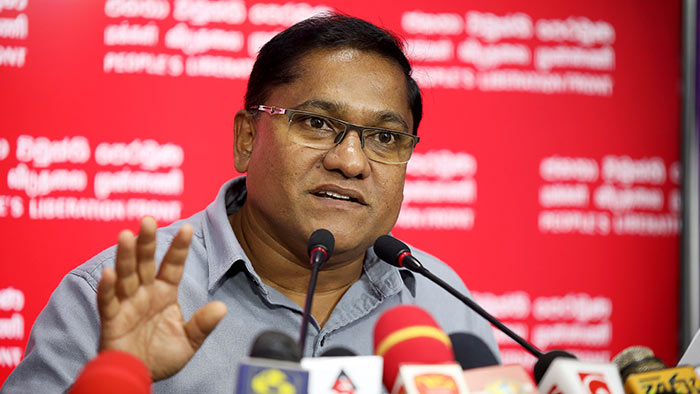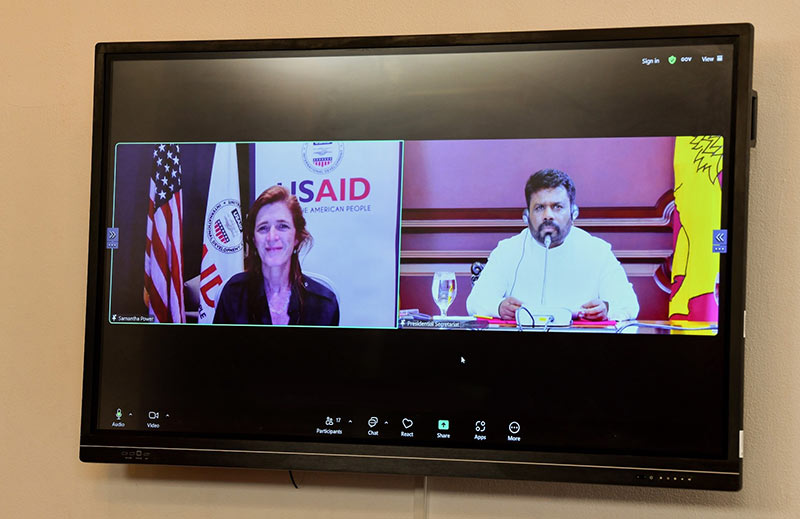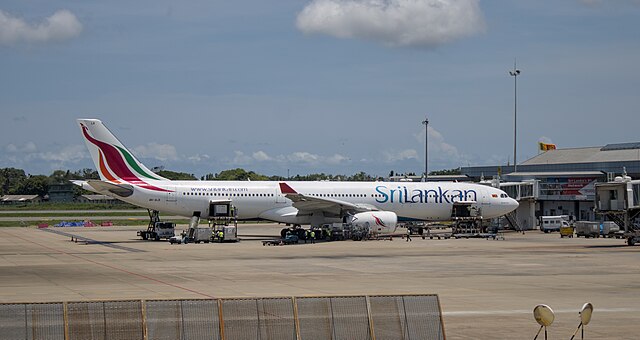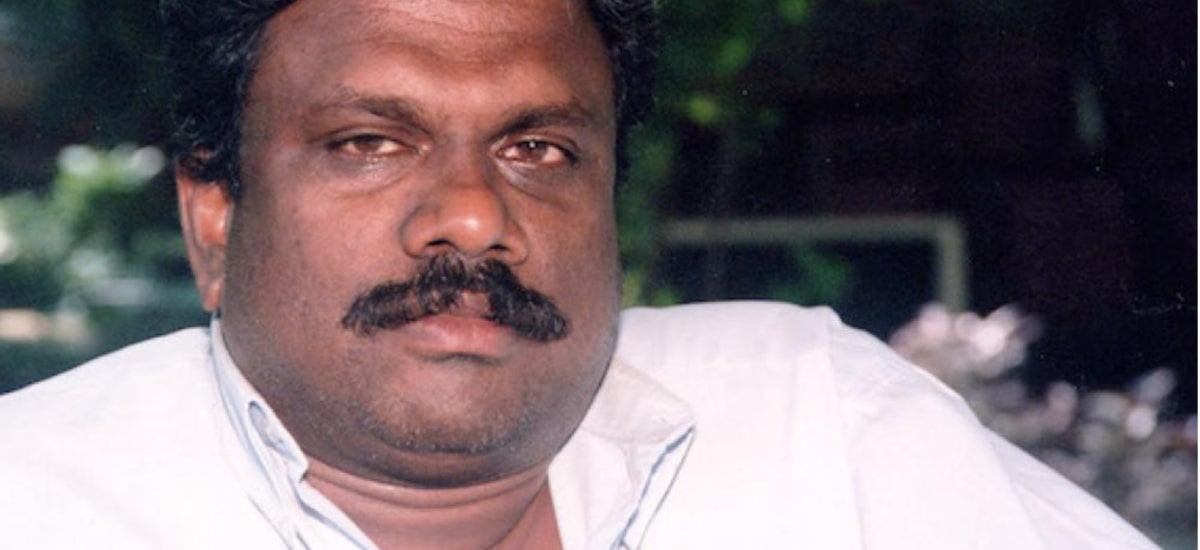No devolution for Tamils, confirms JVP General Secretary
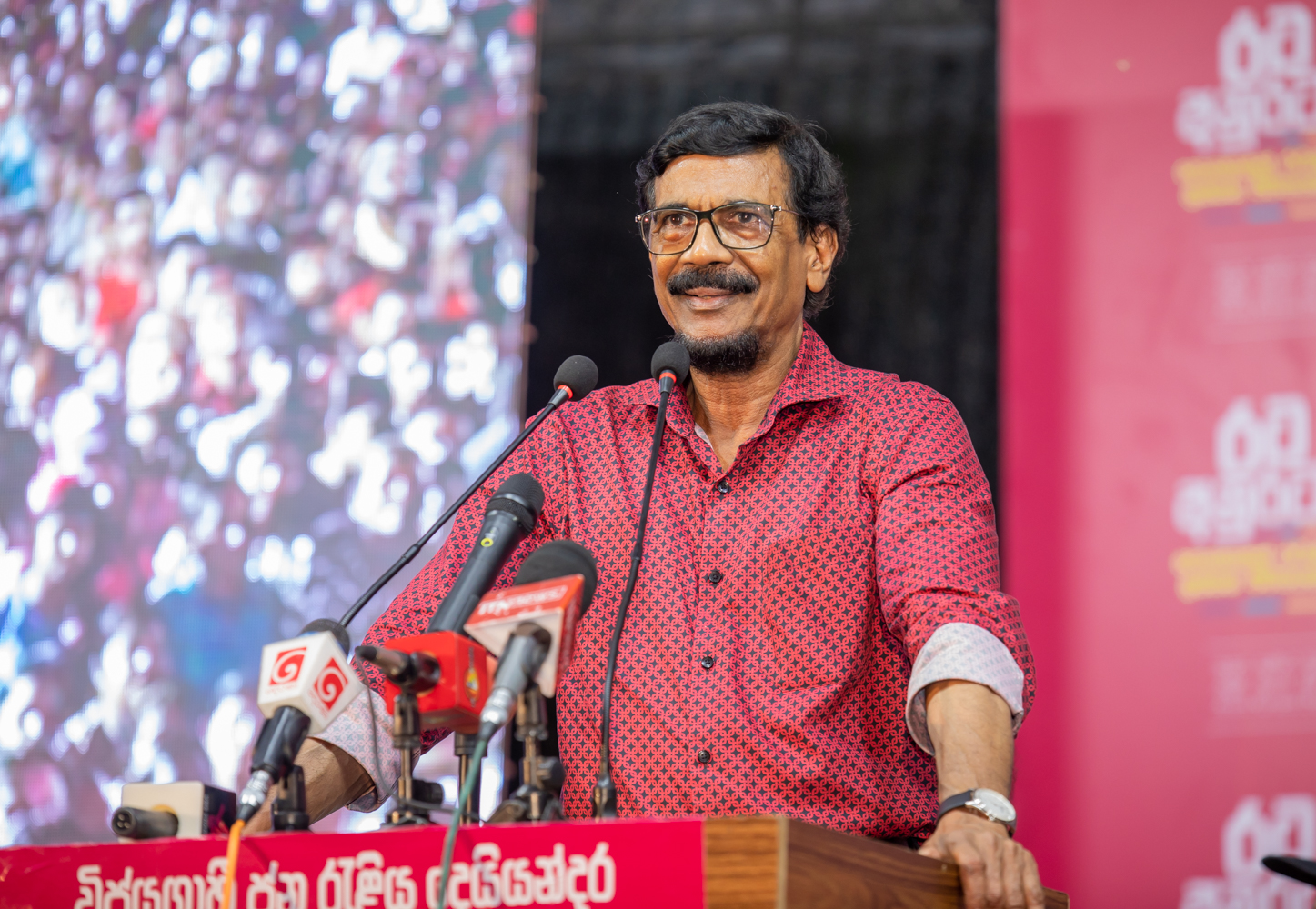
Tilvin Silva, the General Secretary of the ruling Janatha Vimukthi Peramuna (JVP) said devolution of powers to Tamils in the North-East “is not necessary” and instead dismissed their ongoing concerns as merely “economic”.
"The 13th Amendment to the constitution and devolution are not necessary for the Tamil people," said the veteran party member. "They need a solution for their economic problems."
He went on to claim that the call for autonomy from Tamil politicians was simply being used in an attempt to consolidate power in the region.
The 13th Amendment was brought in after the Indo-Sri Lankan agreement of 1987, which calls for a merged North-East and the devolution of police and land powers to the province. For decades, New Delhi has called for it to be implemented, and continues to do so, even though the JVP has been staunchly opposed. Tamils have criticised it for not going far enough in its devolution of powers.
“The 13th Amendment is not necessary for the Tamils in the North,” said Silva. “It is a catch-phrase that is used by many to retain their power. Devolution is not necessary. They need basic facilities."
His remarks echo that of his colleagues, including Sri Lanka’s current foreign minister Vijitha Herath. Earlier this year, hearth told reporters “As a political party we strongly opposed the Indo-Lanka Accord decades ago, and dedicated our initiatives to safeguarding Sri Lanka’s sovereignty, at the cost of many lives”.
The current president too, also told Tamils earlier this year that he did not come to offer implementation of the 13th Amendment.
Silva went on to claim that the issues Tamils face were largely economic, stating that Tamils in the North-East have to travel to Colombo for medical check-ups for example. He acknowledged that there exists a language disparity where many officials in the North-East are unable to converse in Tamil.
"Although Jaffna has an economy, the rest of the North-East, people still live in poverty," he said. "The road from the South to the North is beautiful, but once you enter the North, there is nothing. People live in abject poverty and there's no economy. Fishermen living in Mullaitivu are suffering, and so are the farmers as there are no markets to sell their fresh produce."
Though economic concerns are present, Tamils have repeatedly called for autonomy as a way of addressing them, alongside the decades of discrimination and racism they continue to face. In addition, the presence of tens of thousands of Sri Lankan soldiers across the Nort-East continues to stifle the local economy, making it one of the most militarised places in the world per capita.



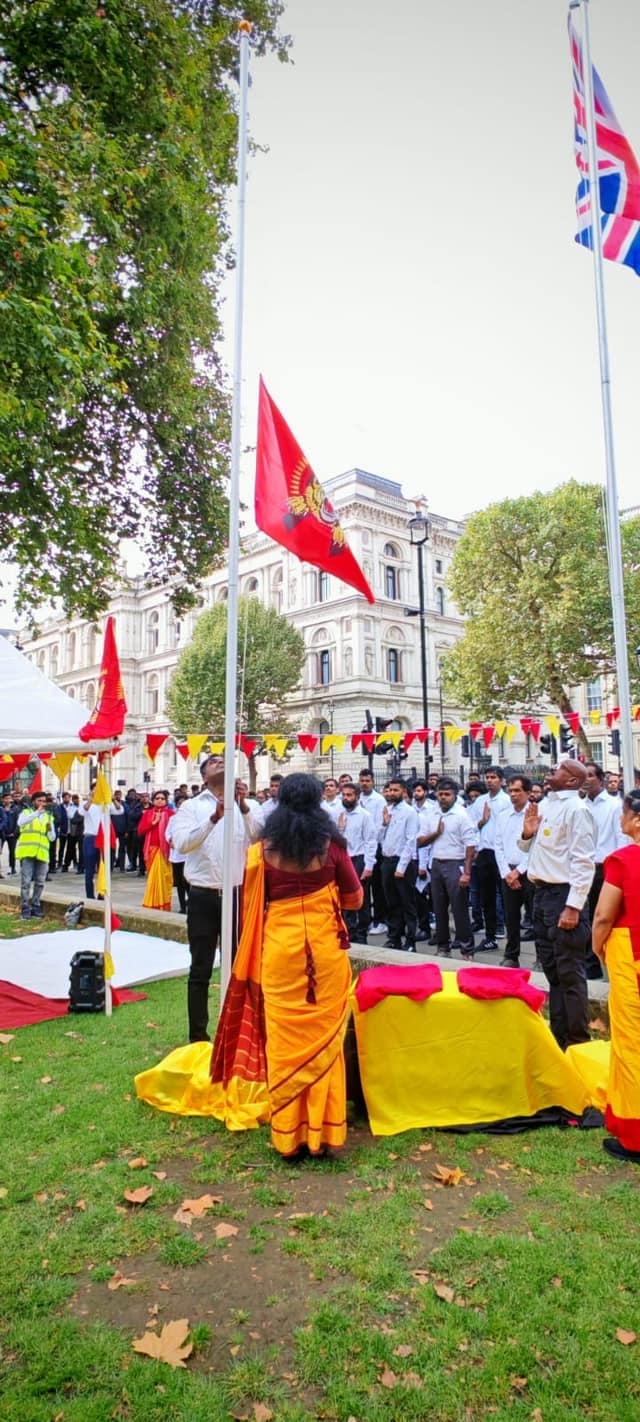
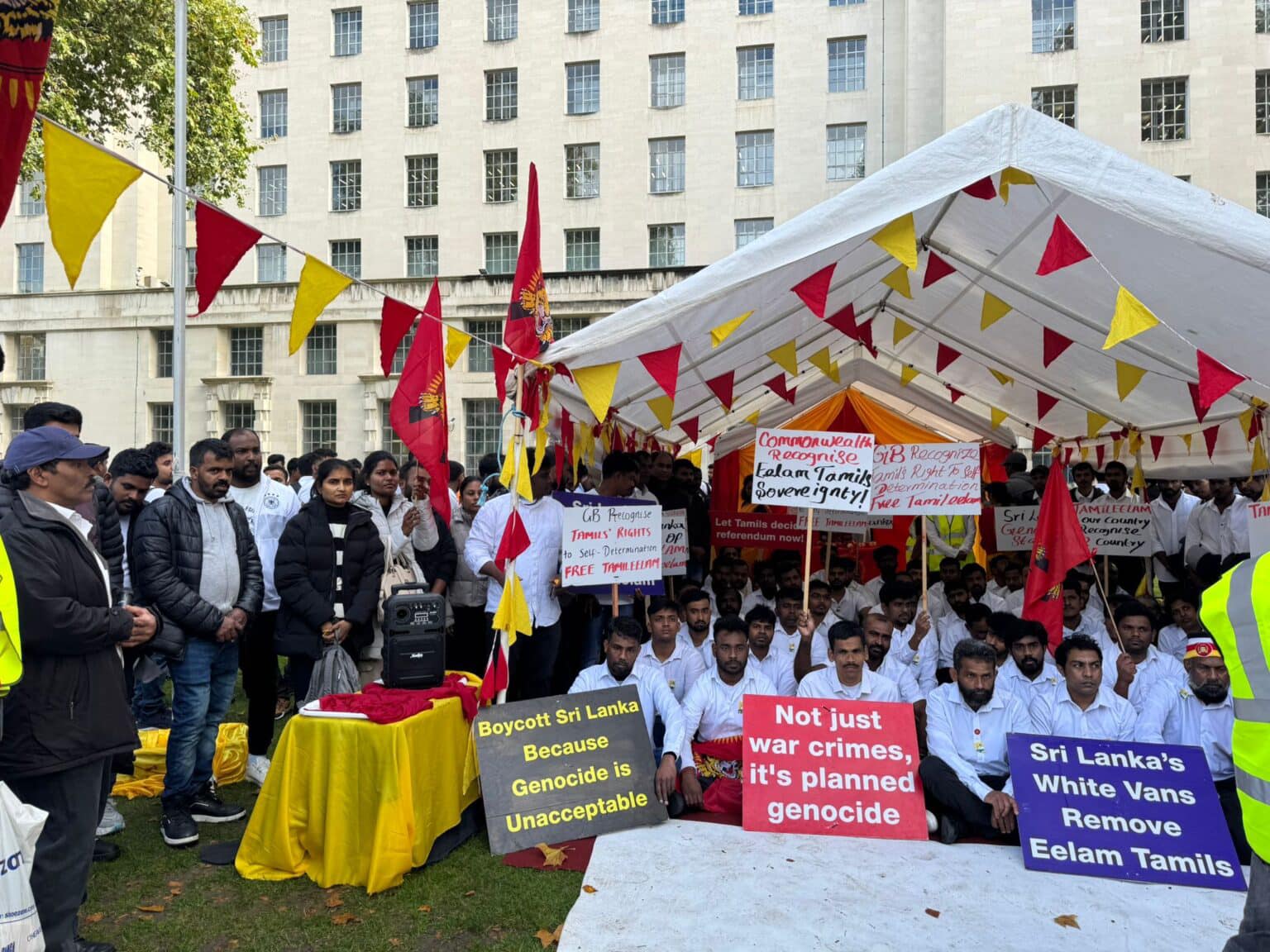
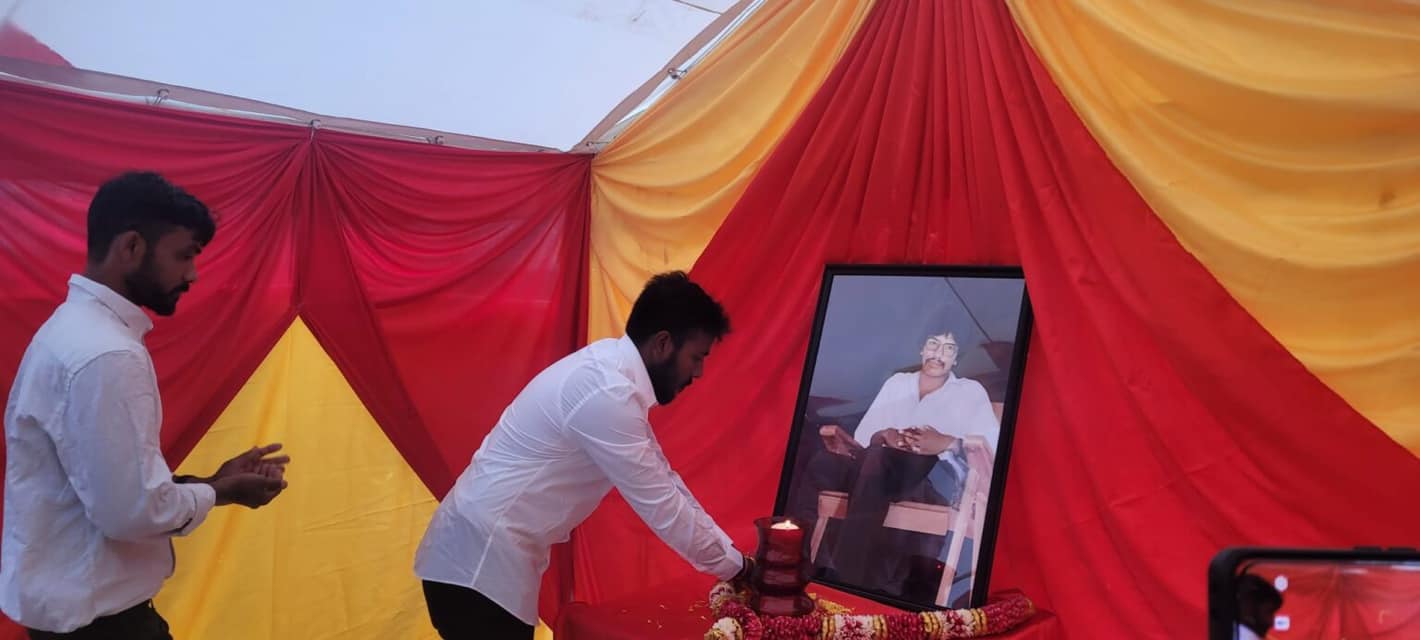
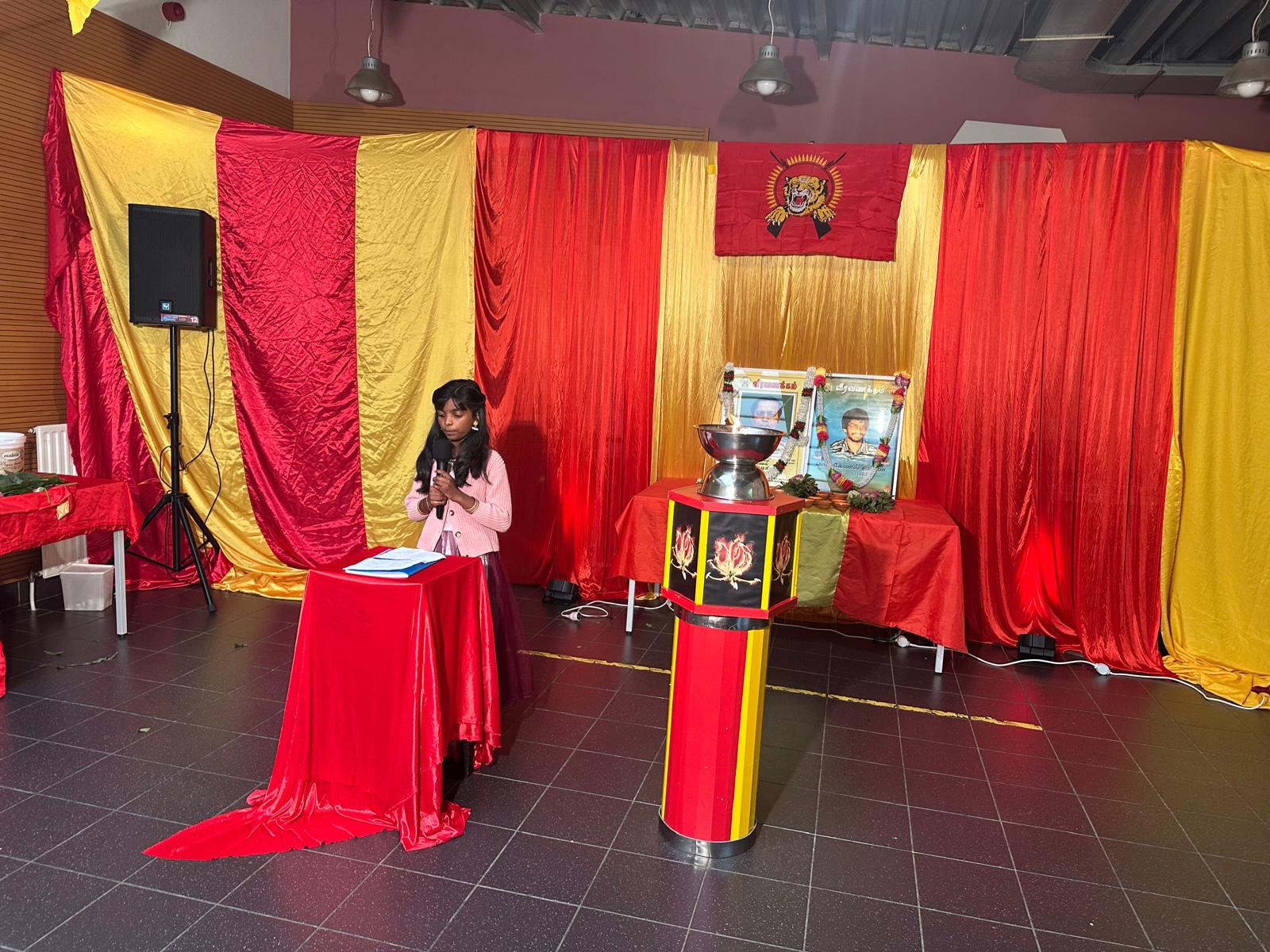
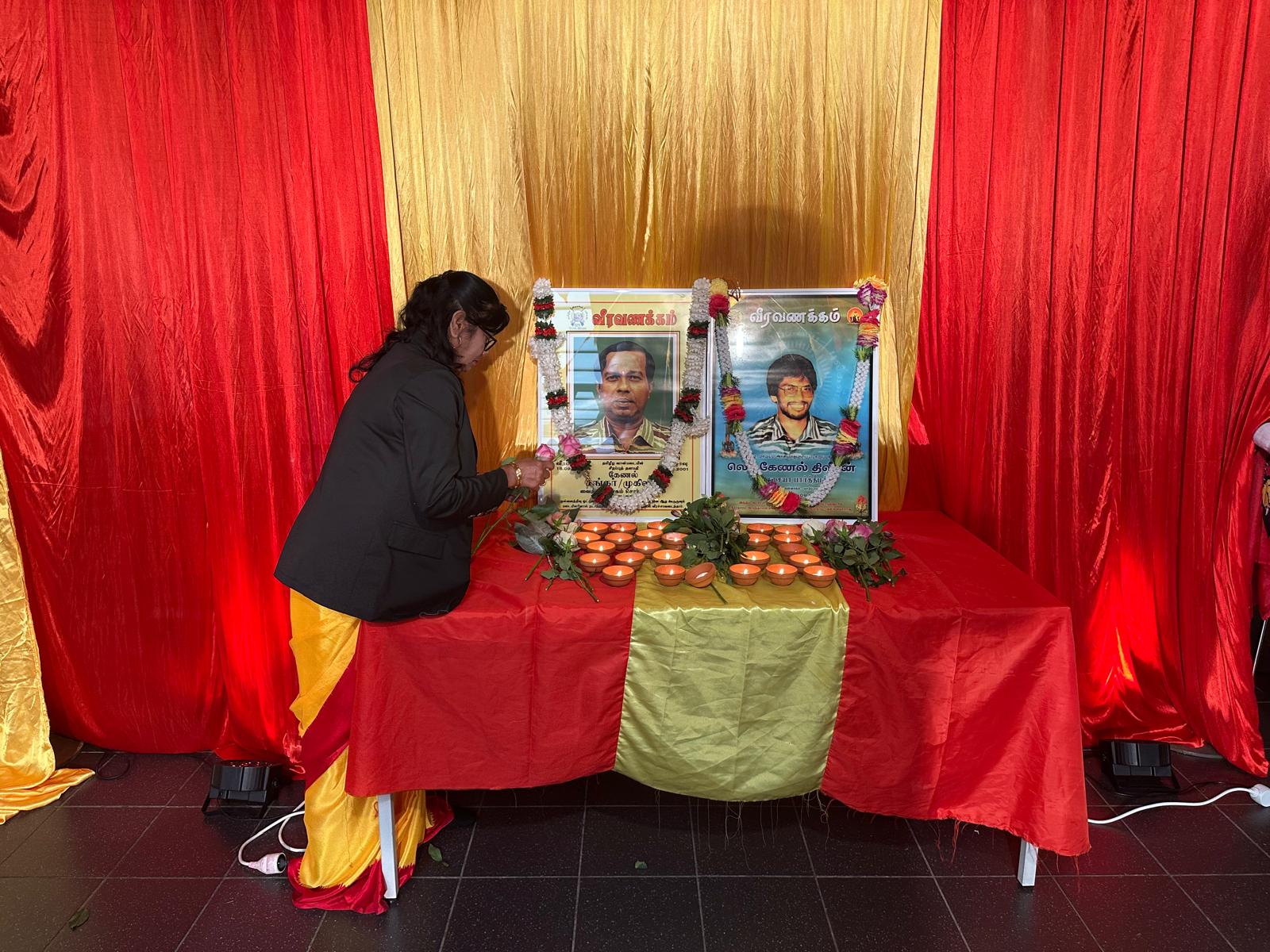
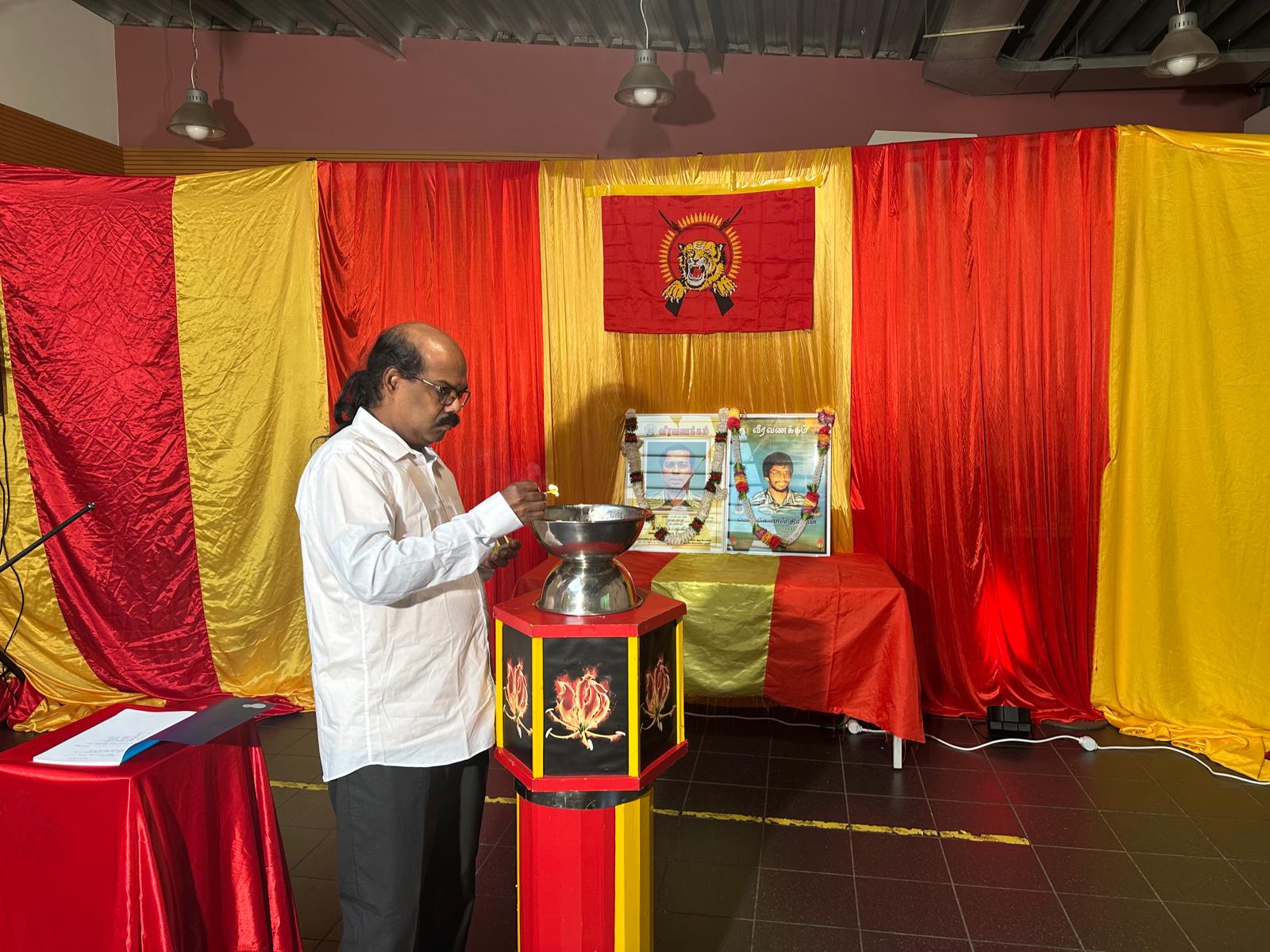
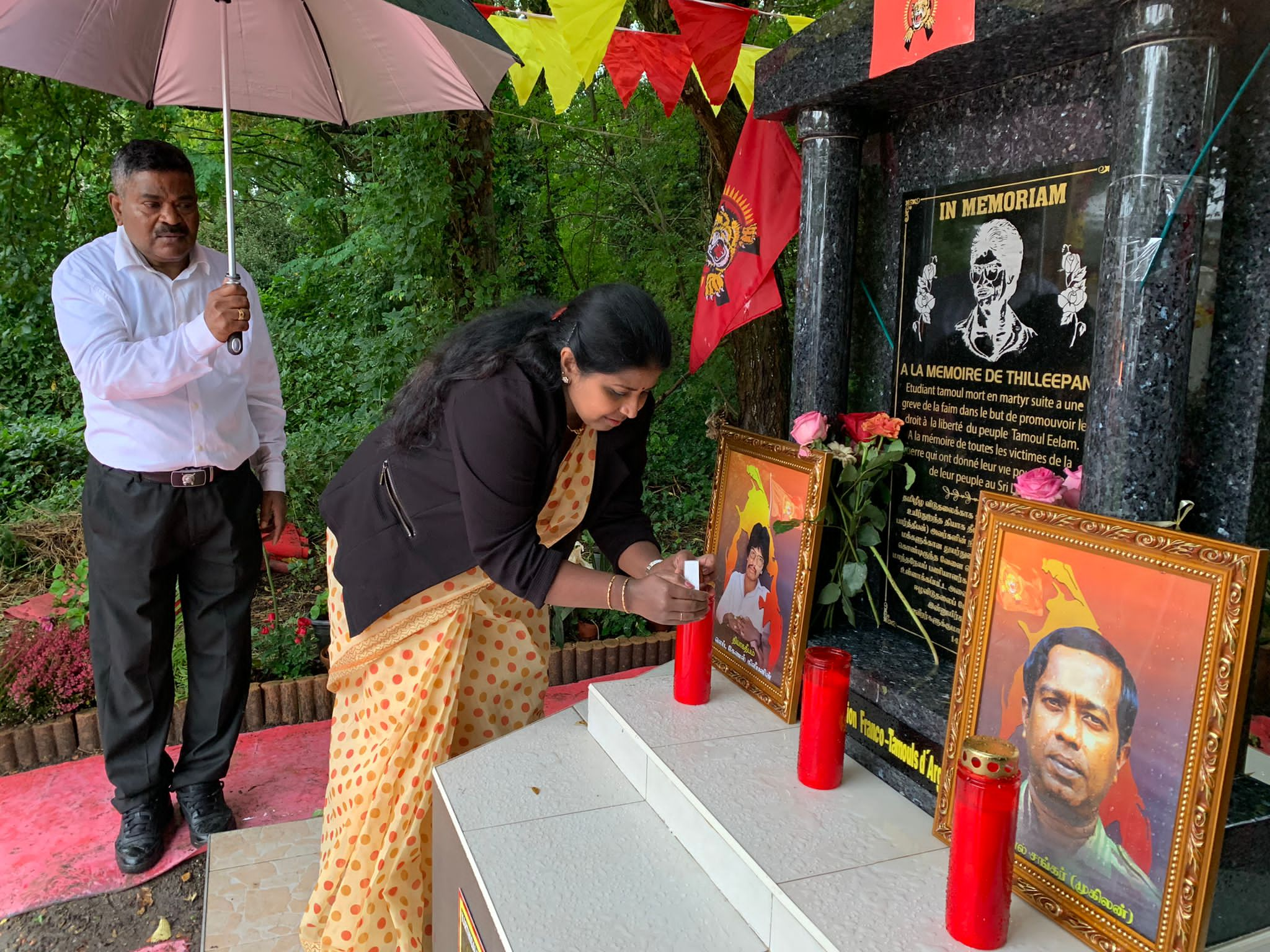
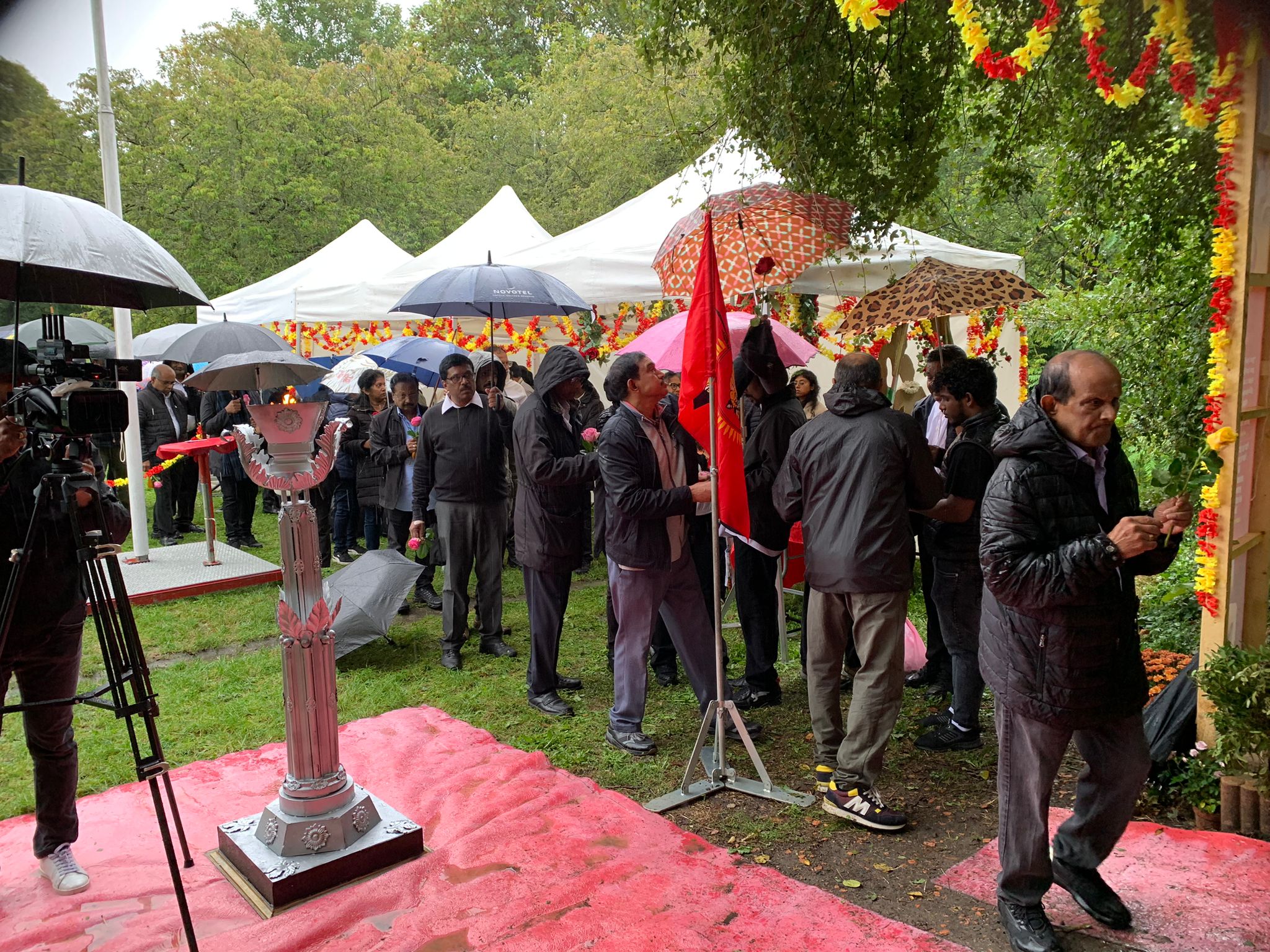
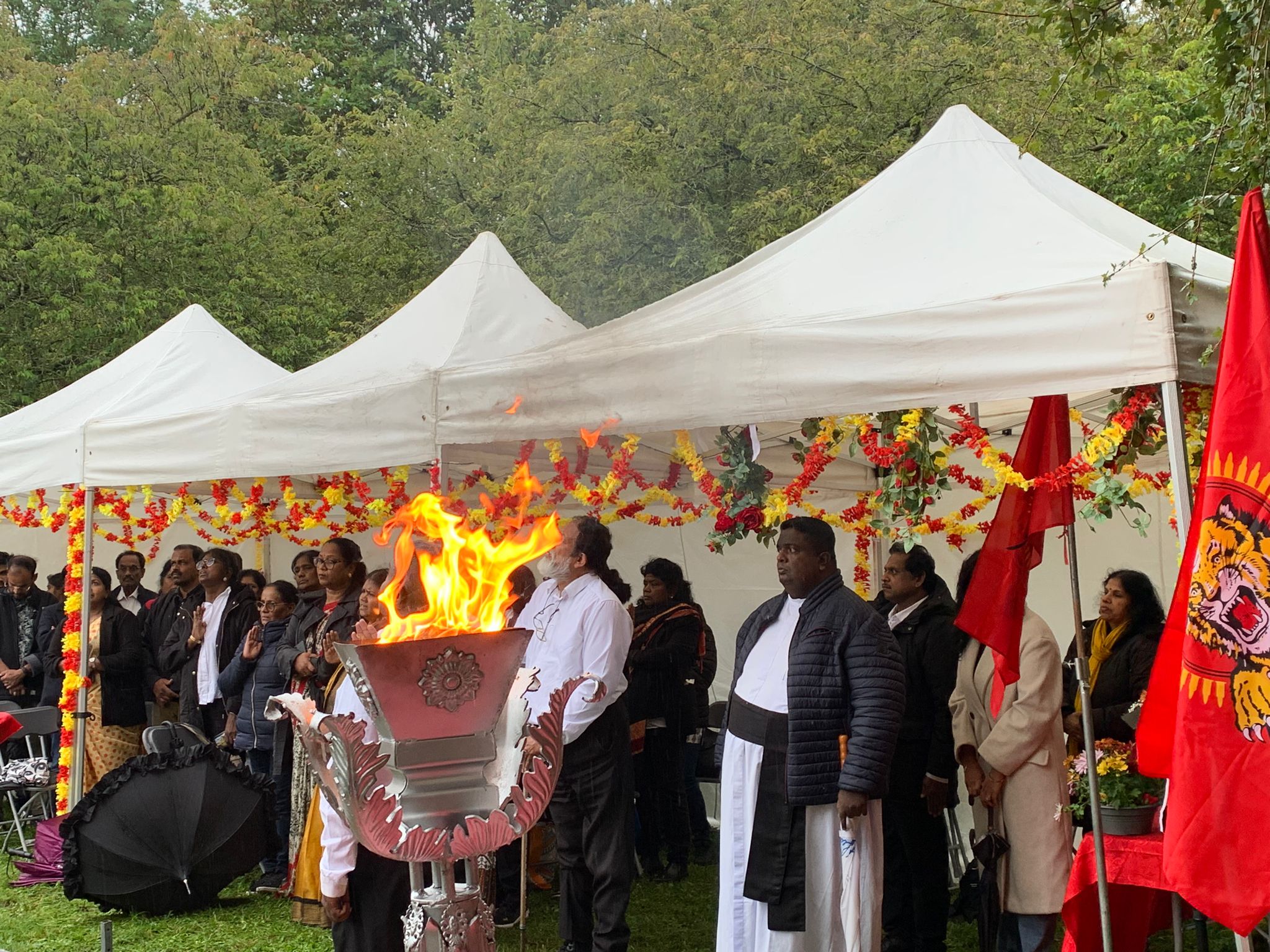
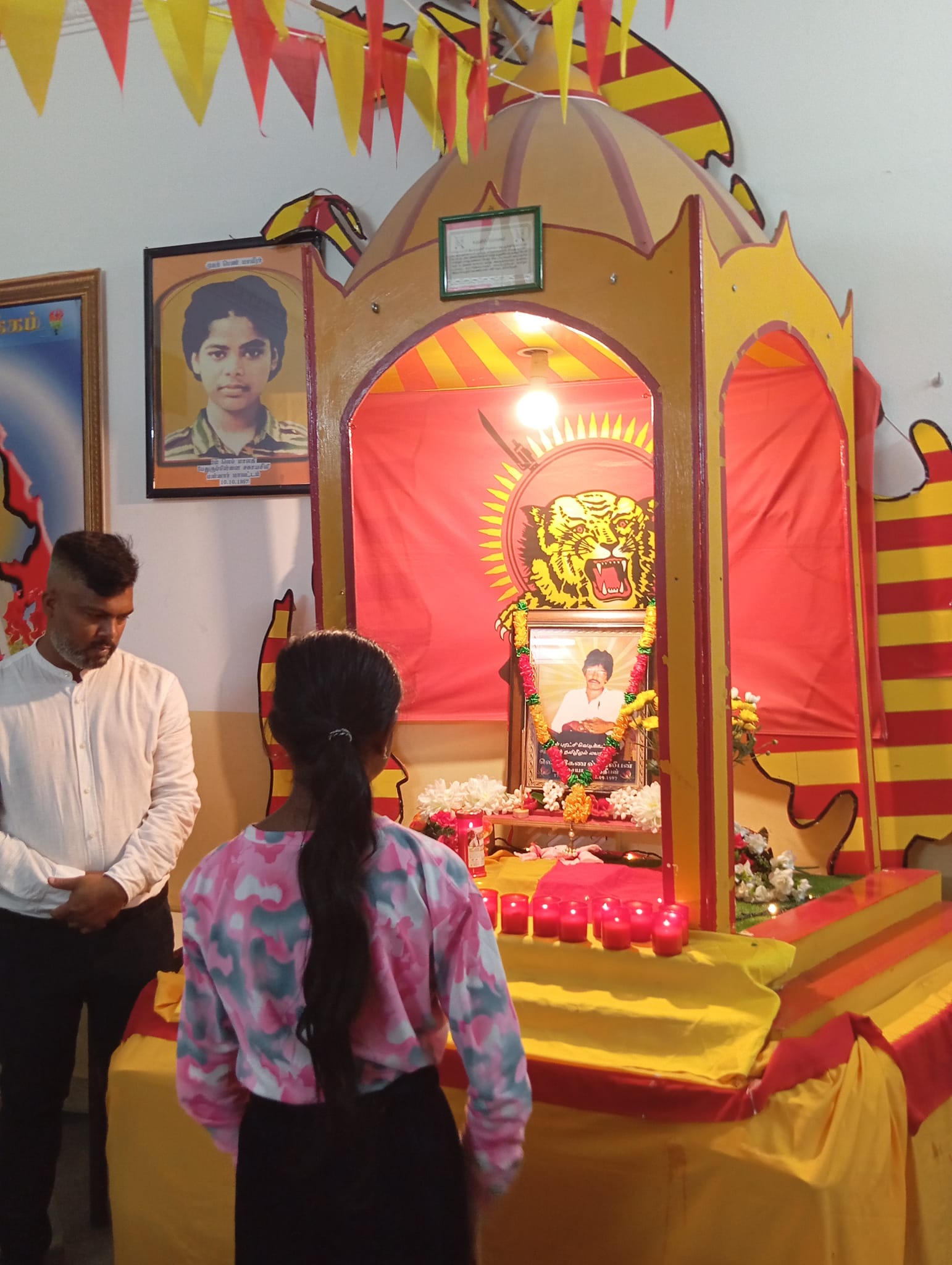
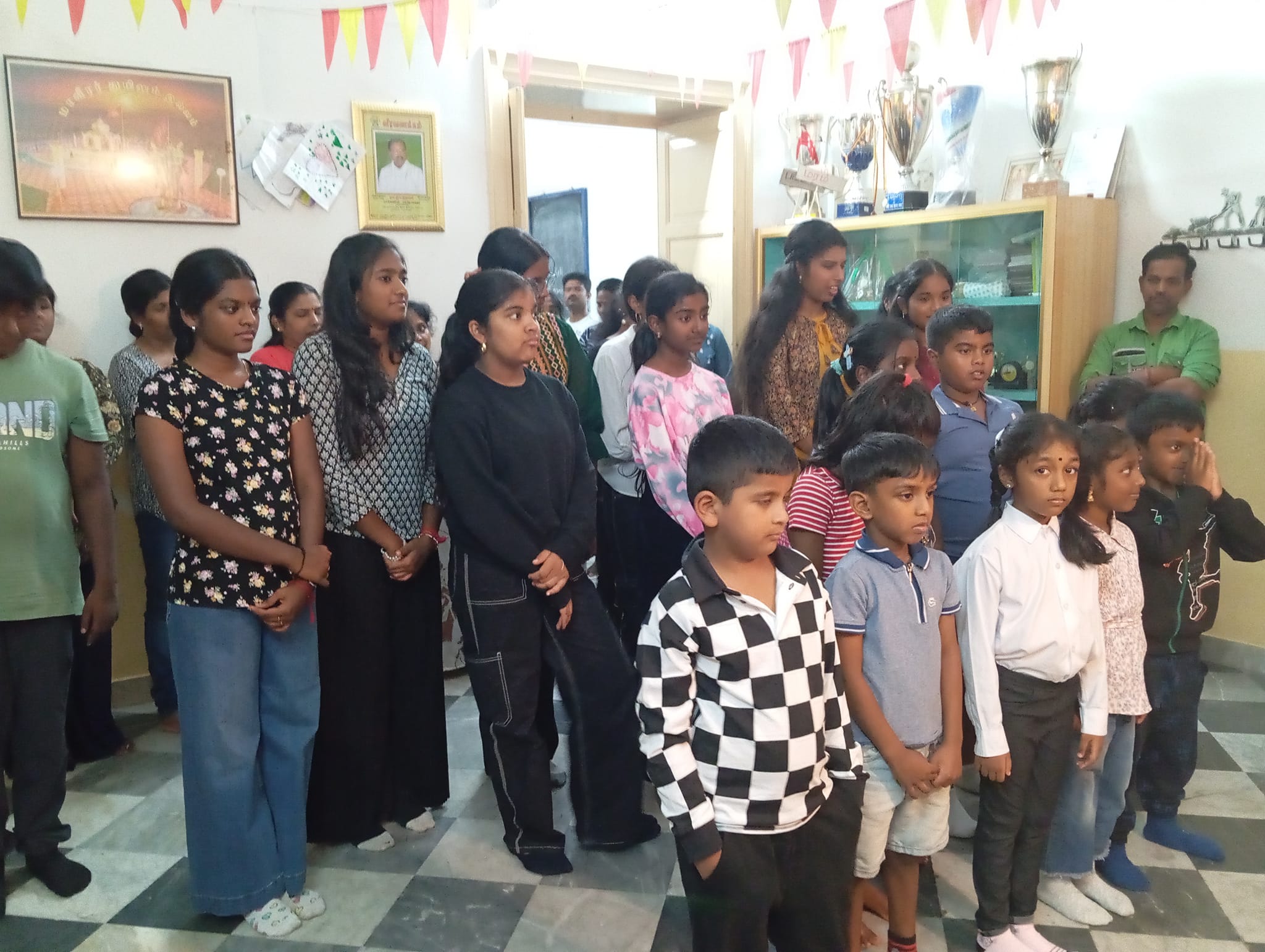
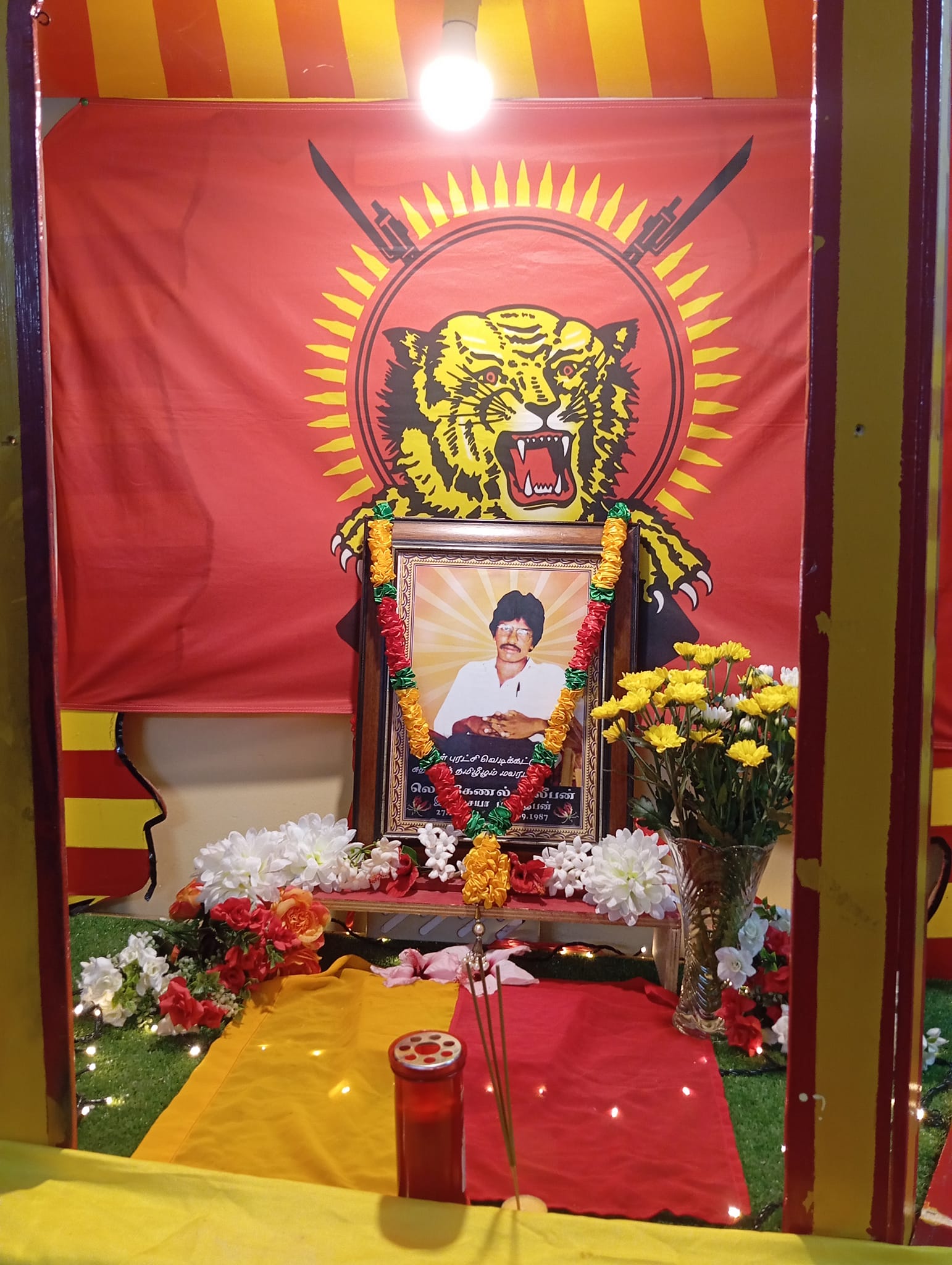
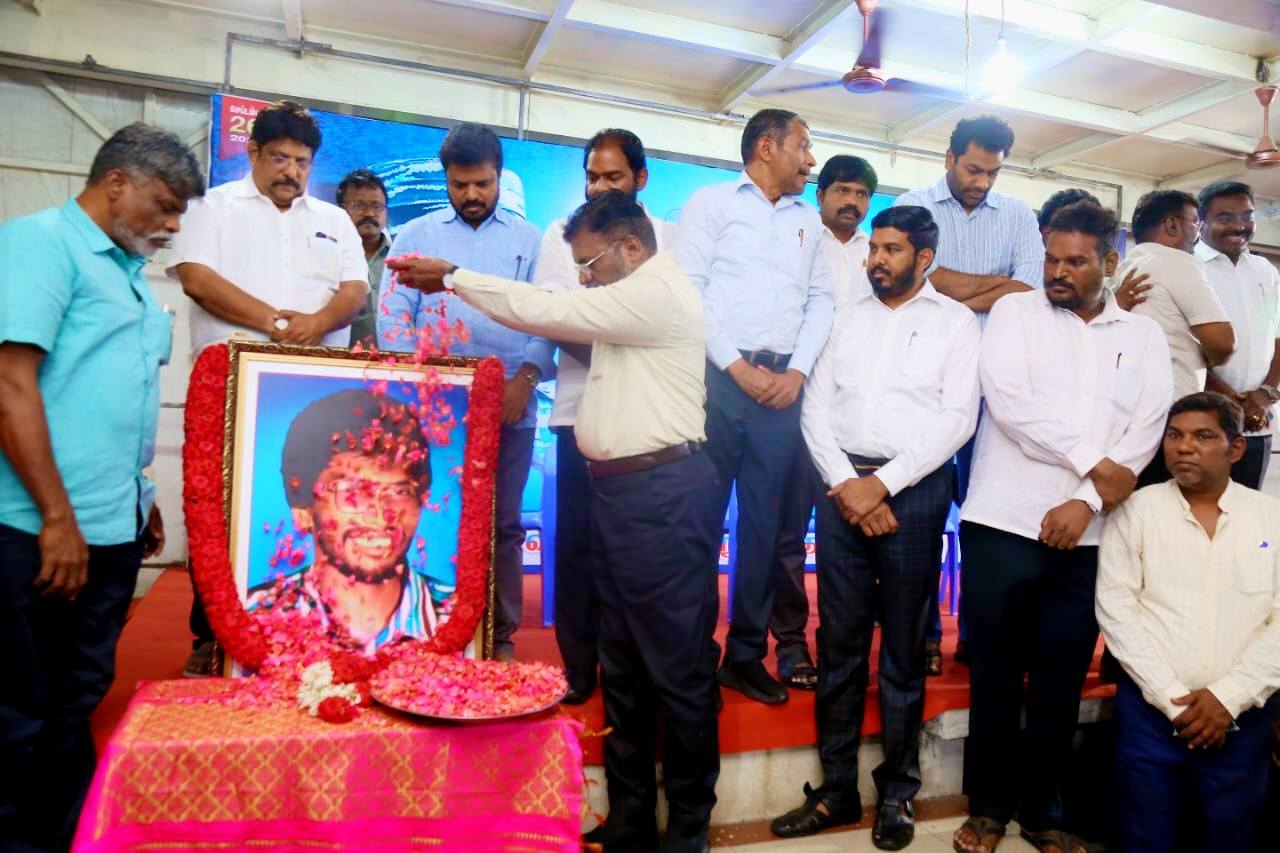
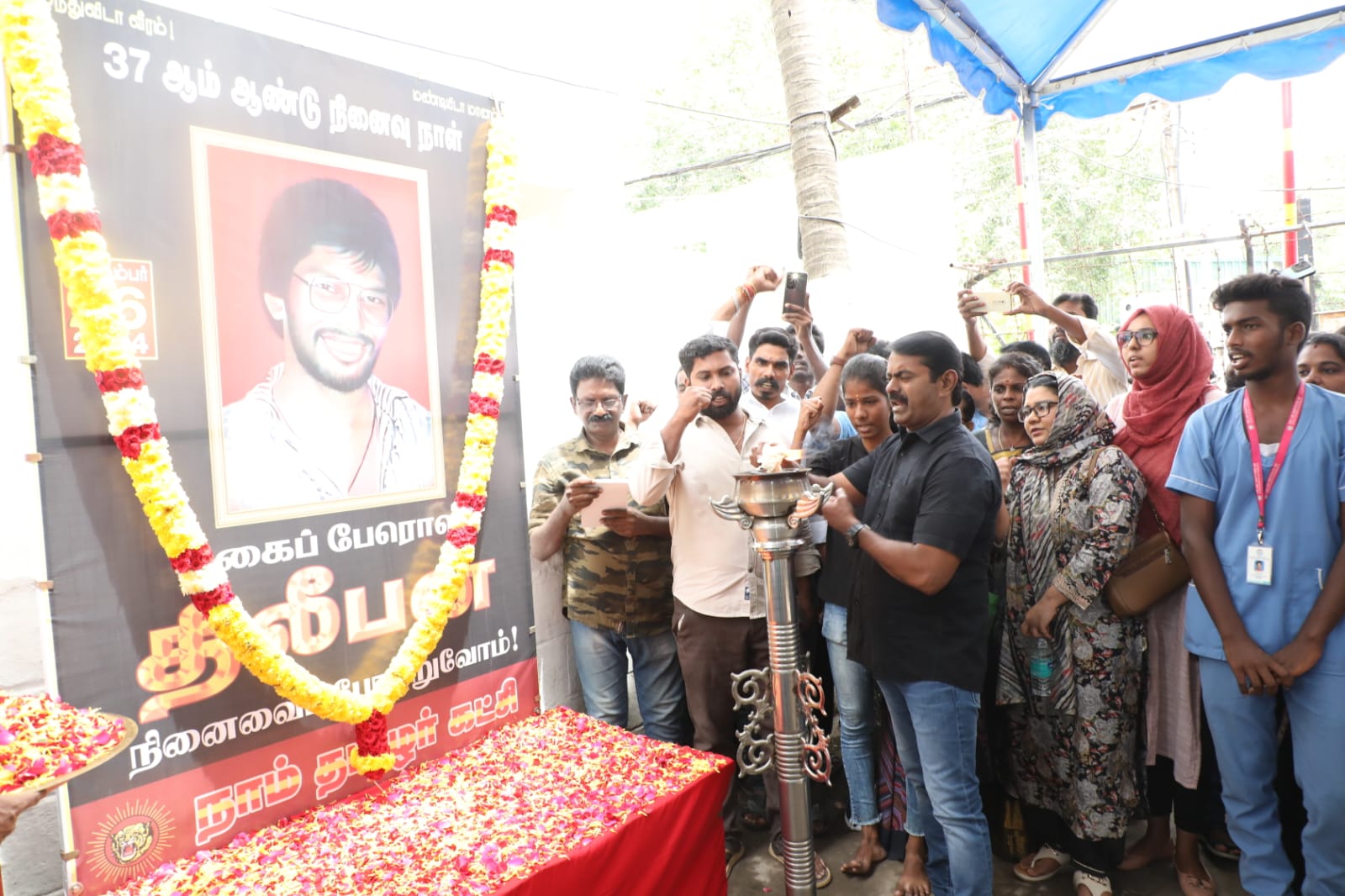
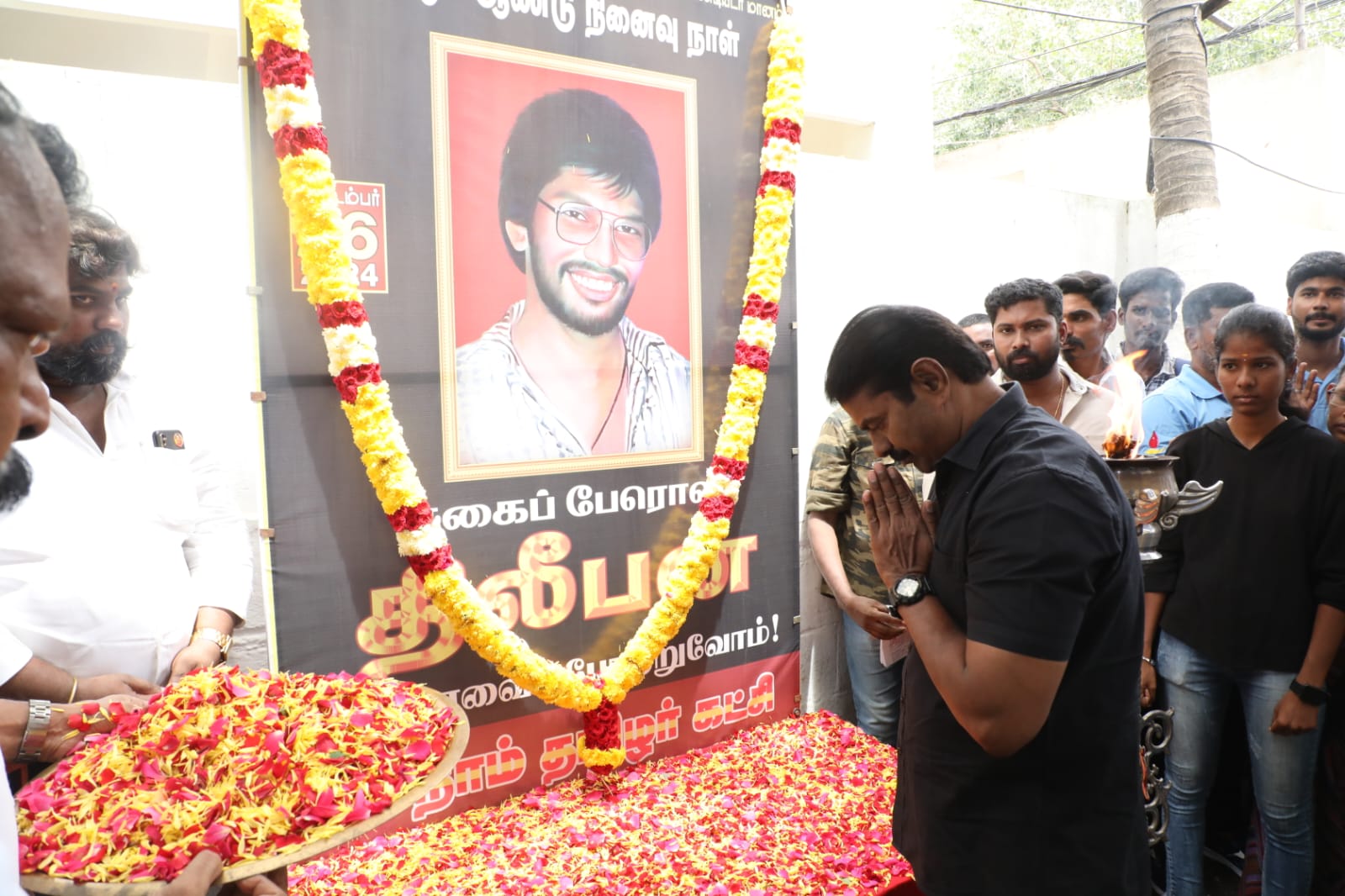
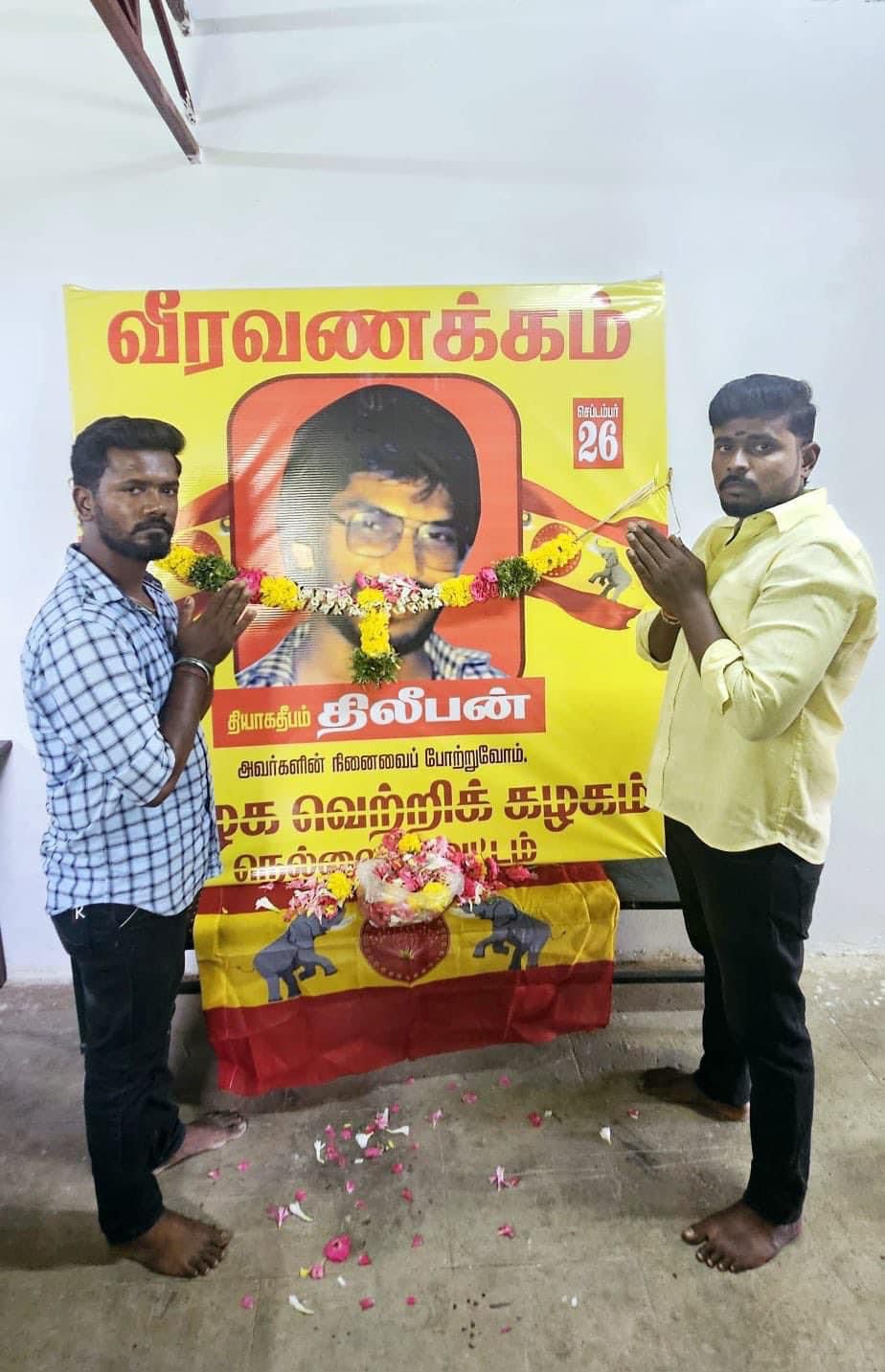
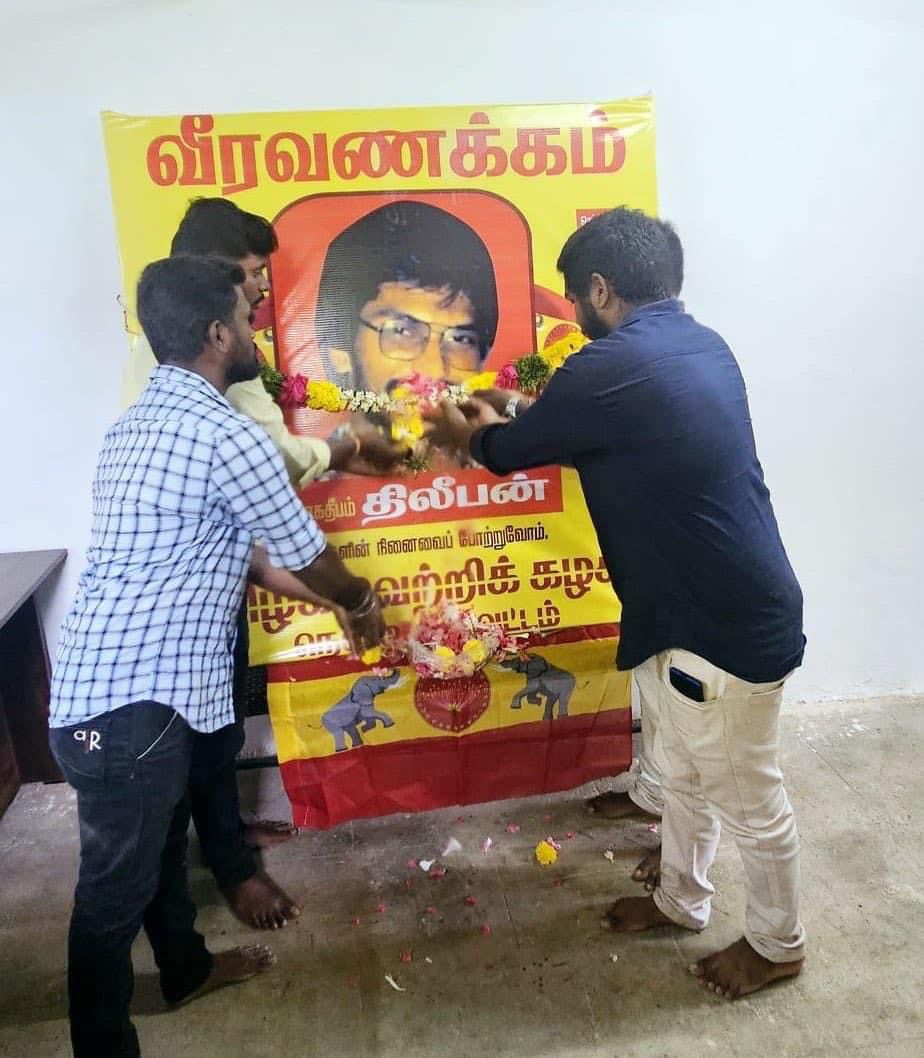
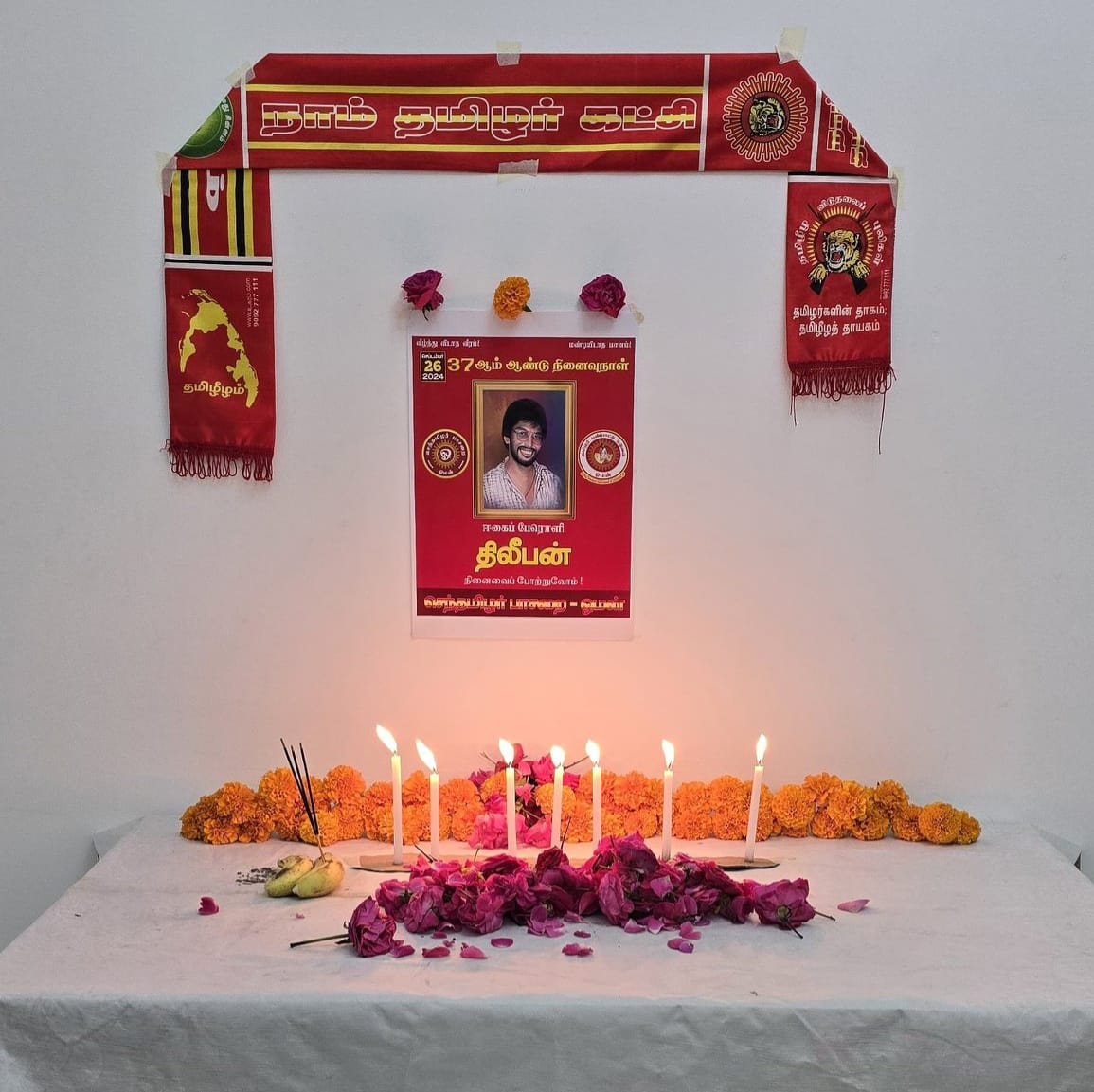
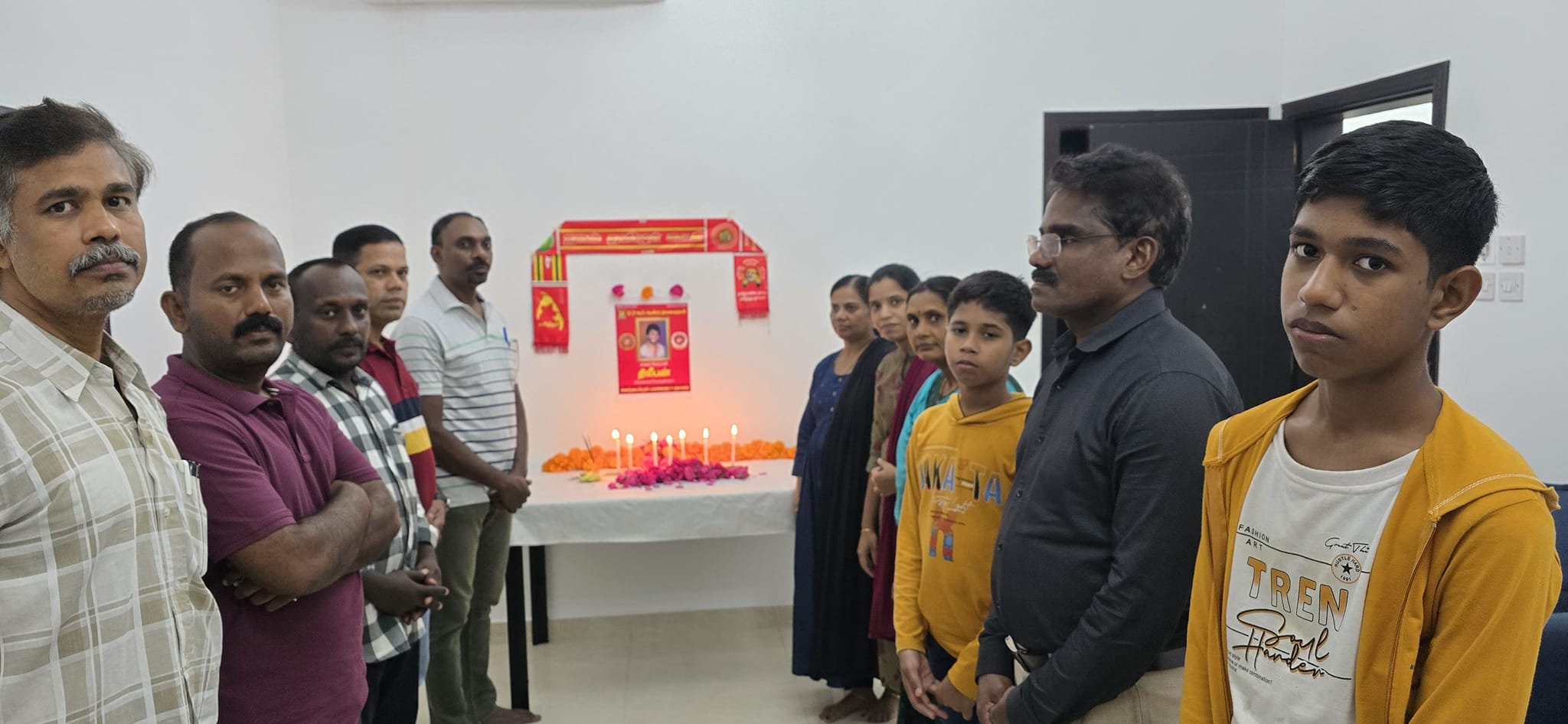
.jpg)
.jpg)
.jpg)
.jpg)
.jpg)
.jpg)
.jpg)
.jpg)
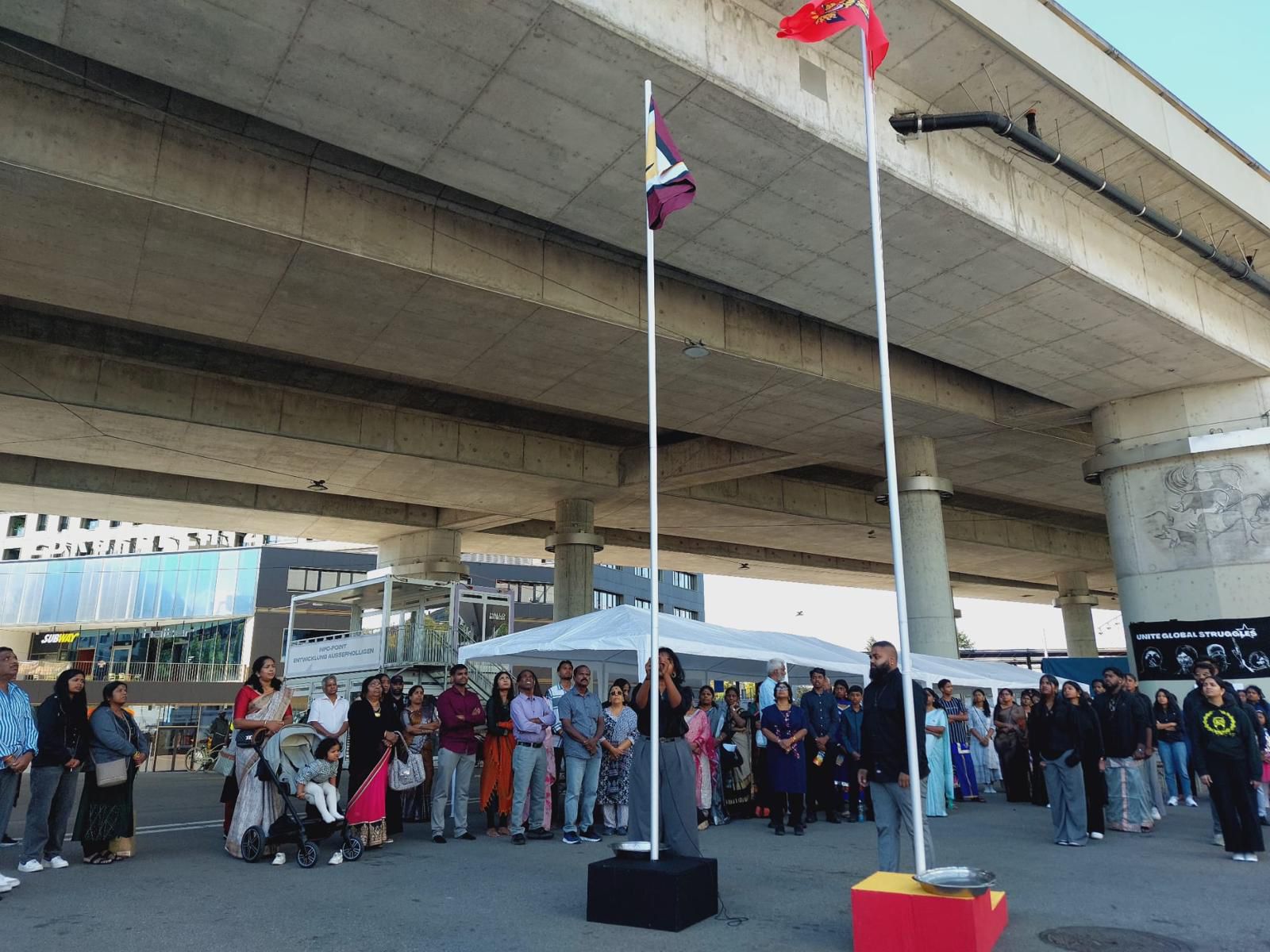
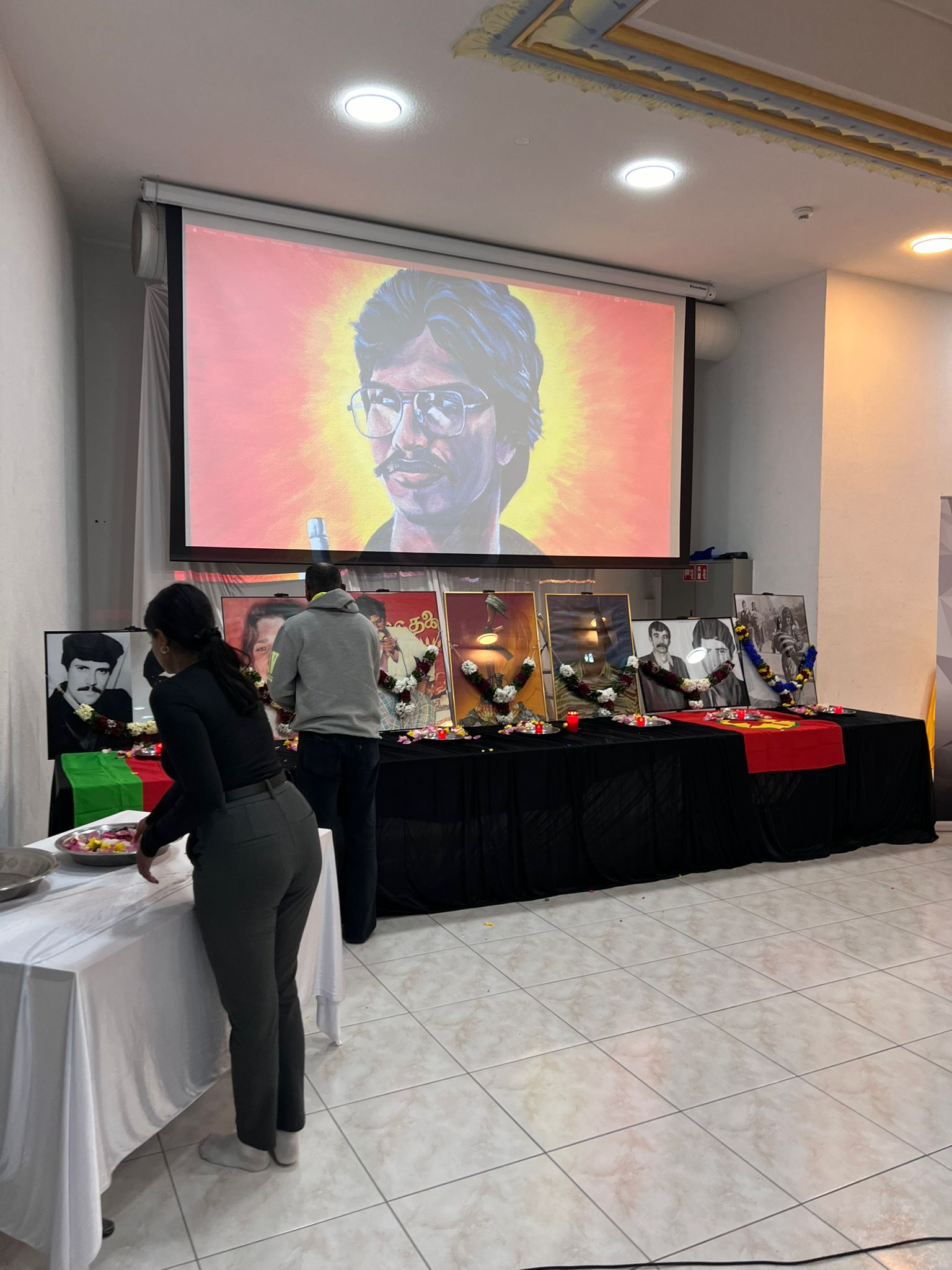
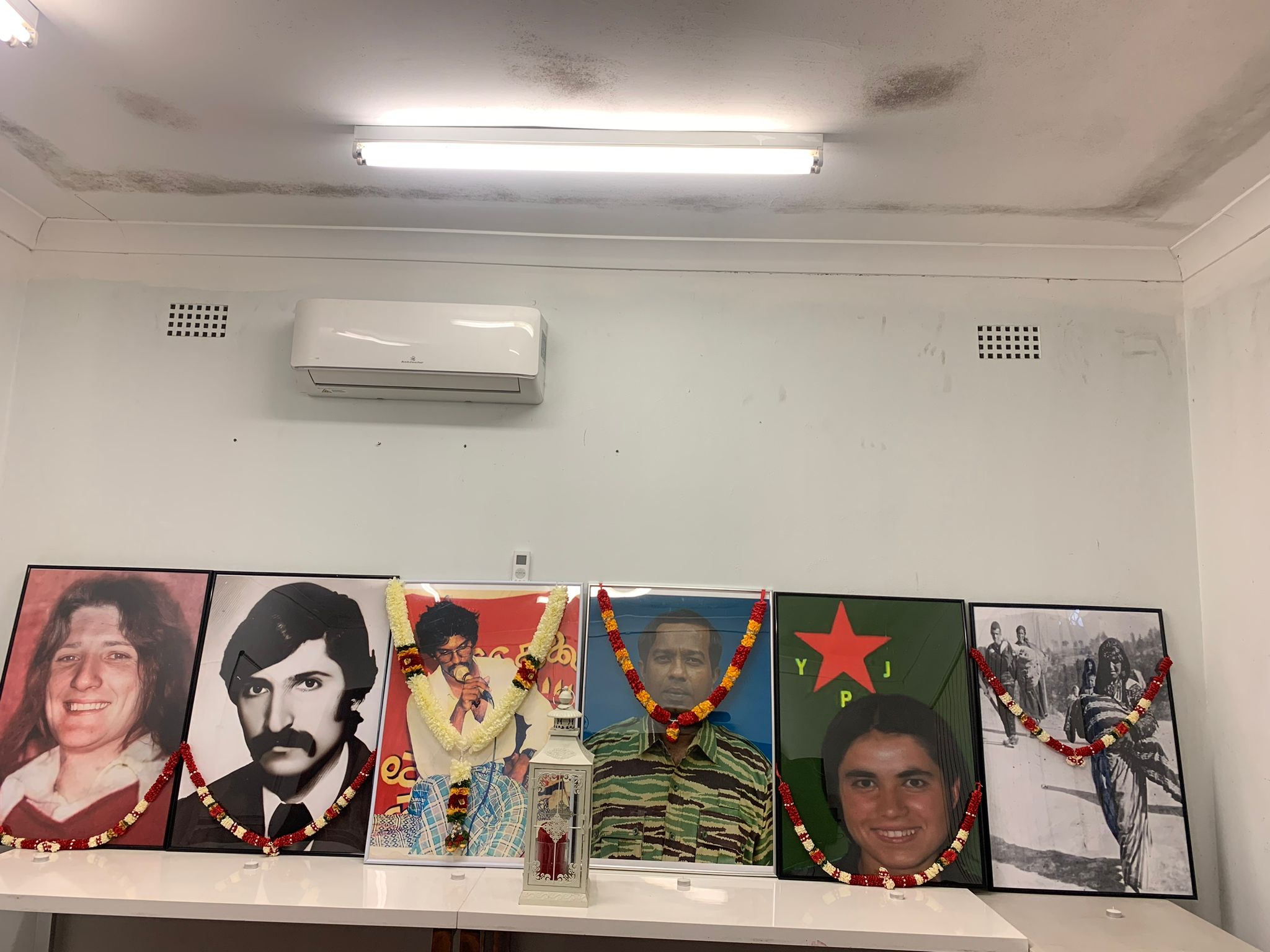
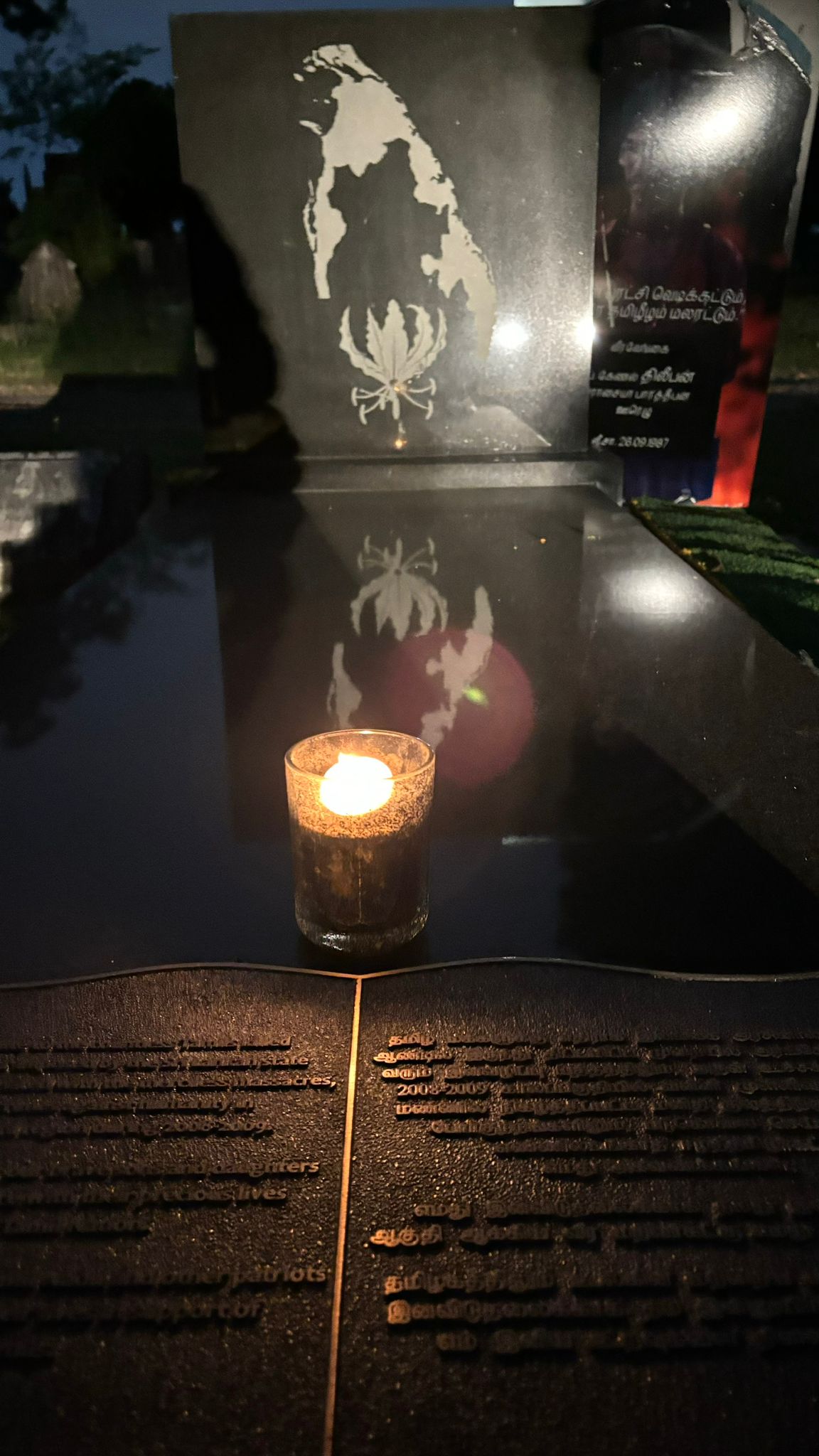
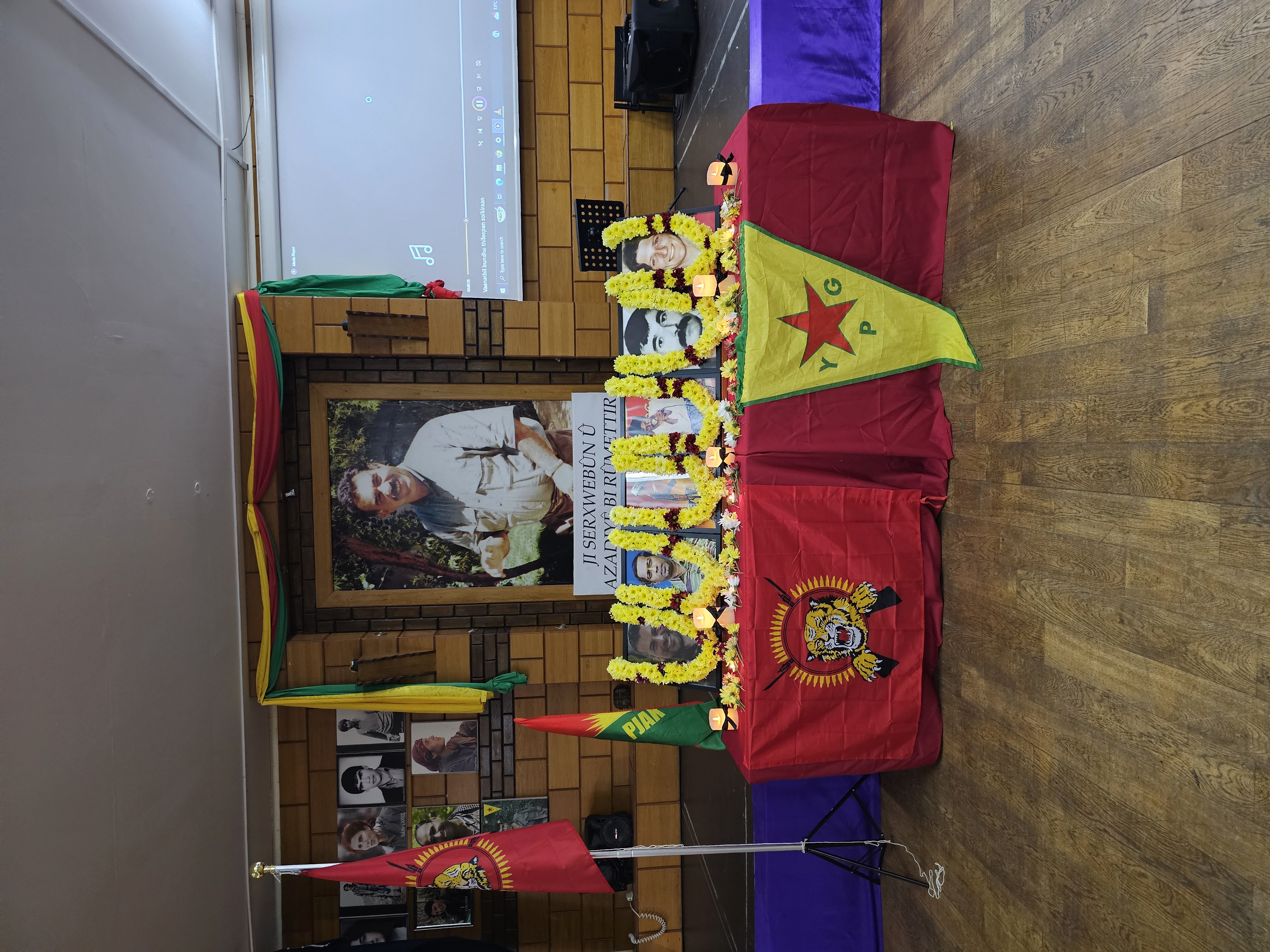
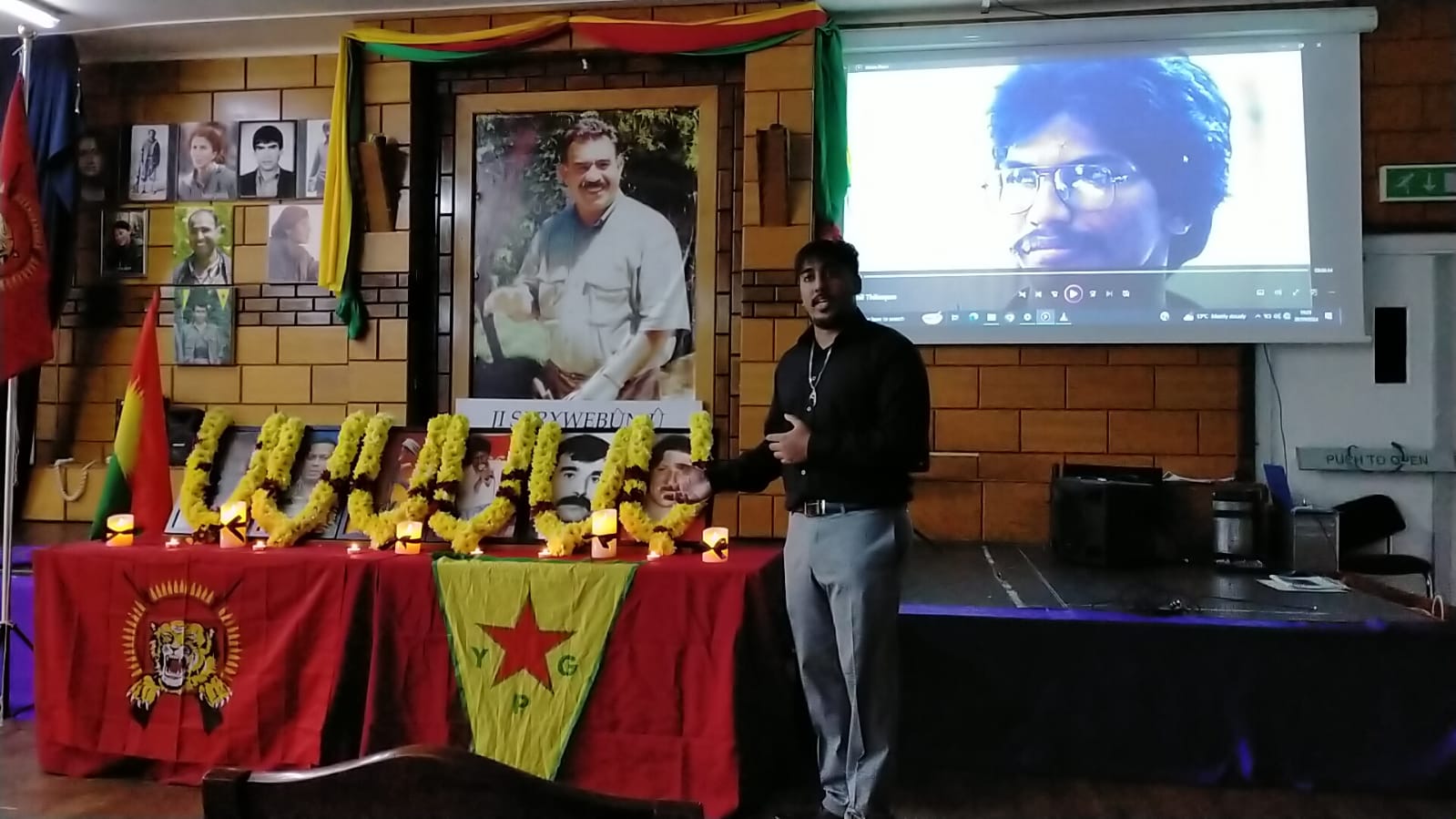

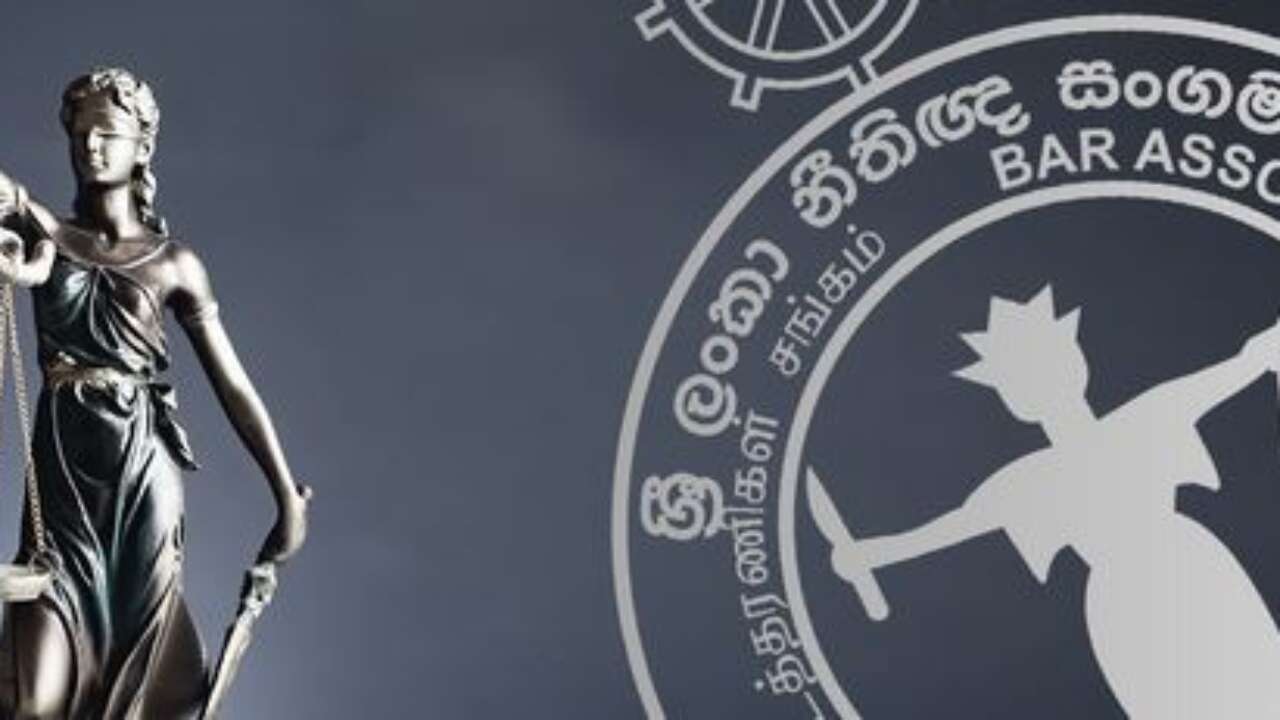

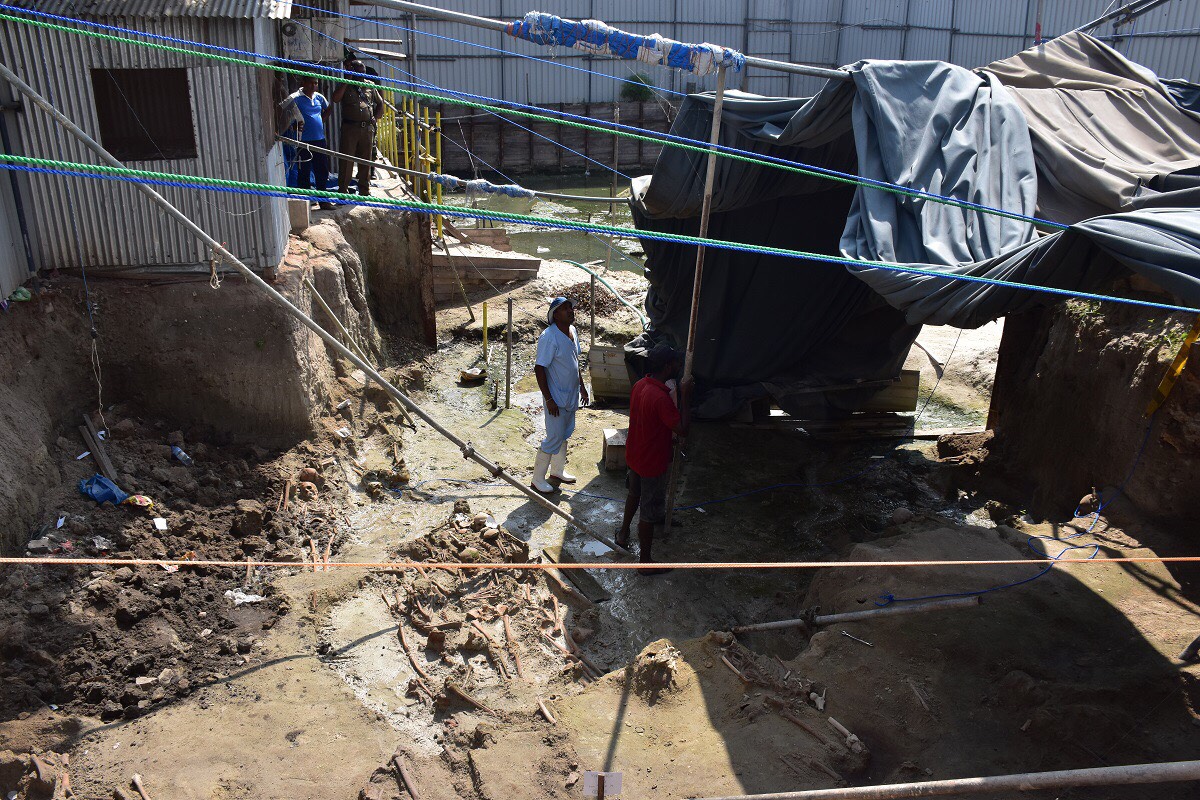

.jpeg)
.jpeg)
.jpeg)

.JPG) An event was held in Aabenraa by the Demark Tamil Women’s Organization to mark the Tamil Eelam Women’s uprising Day and the 37th death anniversary of 2nd Lt. Maalathy, the first female fighter of the Liberation Tigers of Tamil Eelam (LTTE) to lose her life in the Tamil armed struggle.
An event was held in Aabenraa by the Demark Tamil Women’s Organization to mark the Tamil Eelam Women’s uprising Day and the 37th death anniversary of 2nd Lt. Maalathy, the first female fighter of the Liberation Tigers of Tamil Eelam (LTTE) to lose her life in the Tamil armed struggle..JPG)
.JPG)
.JPG)
.JPG)
.JPG)
.JPG)
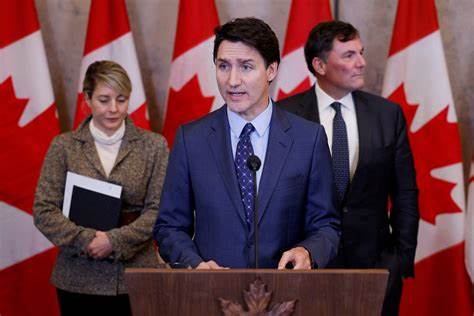

.jpg)
